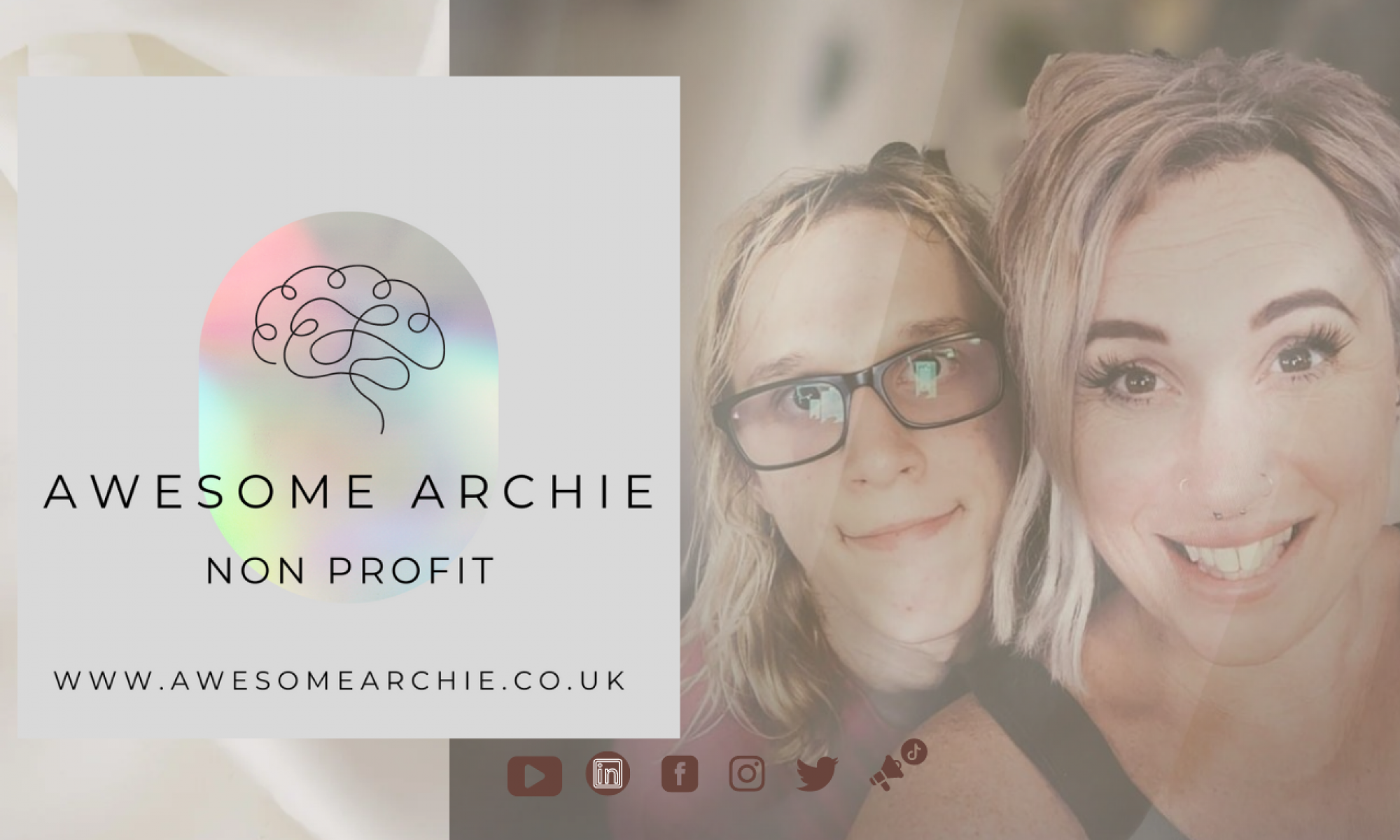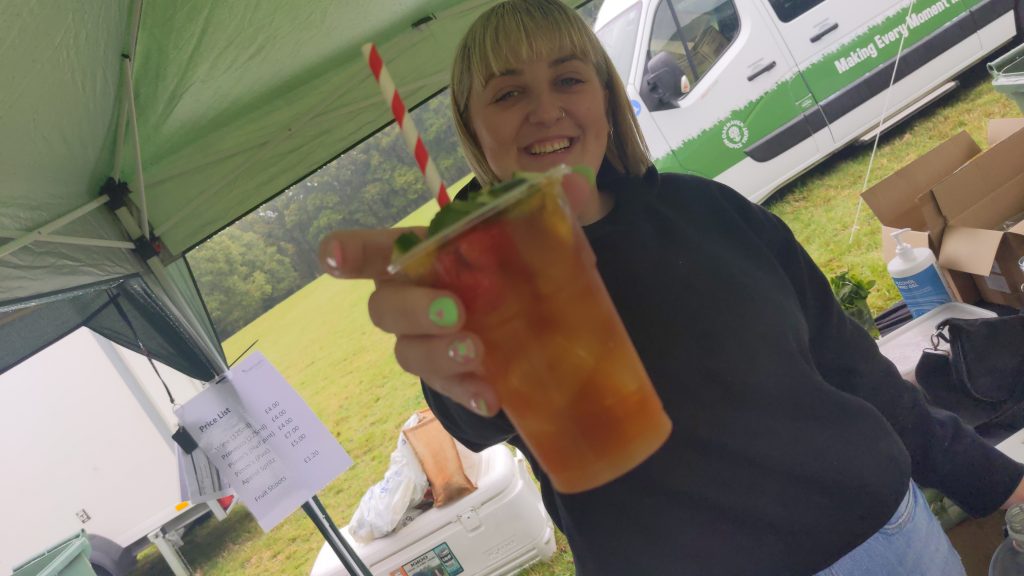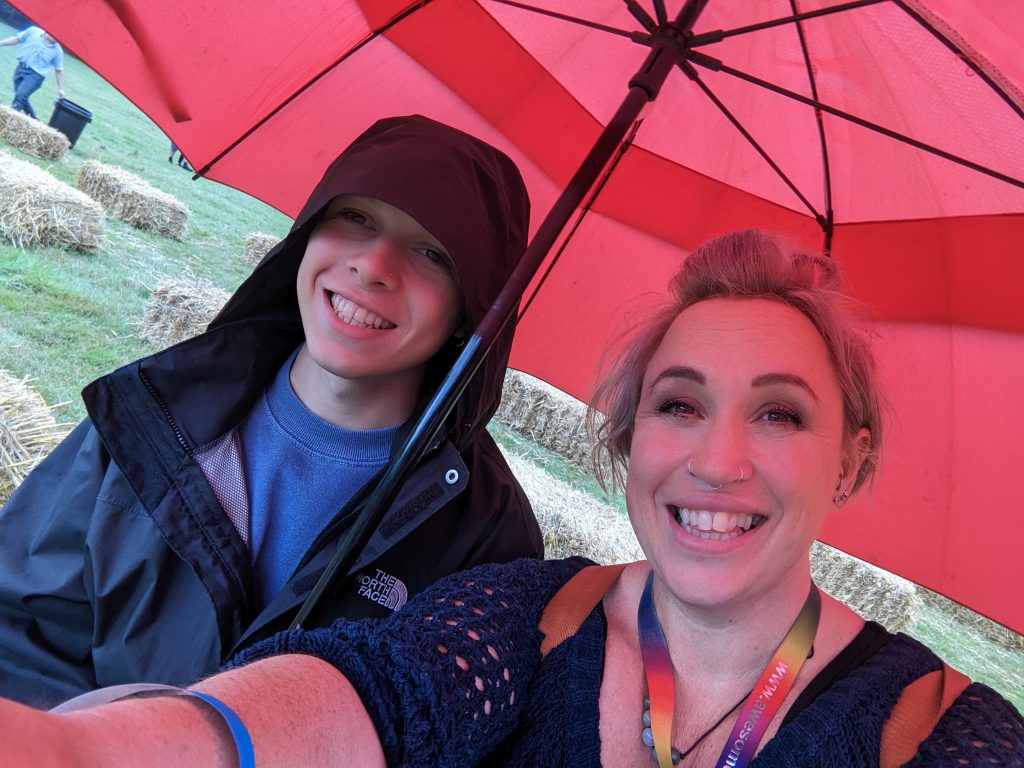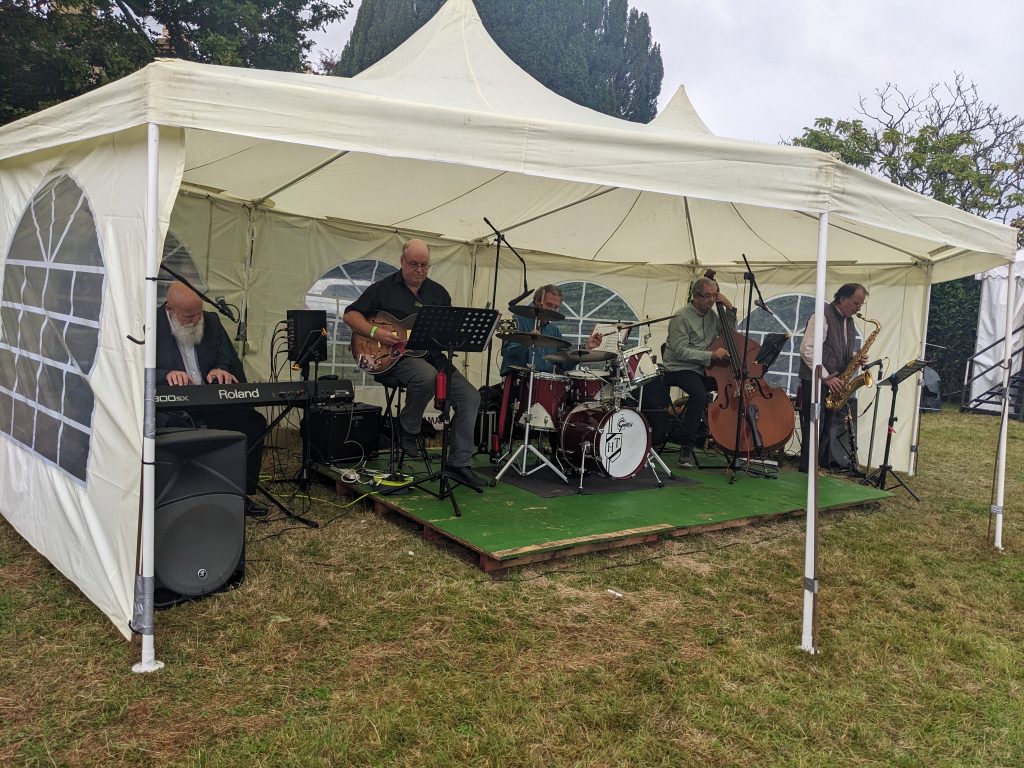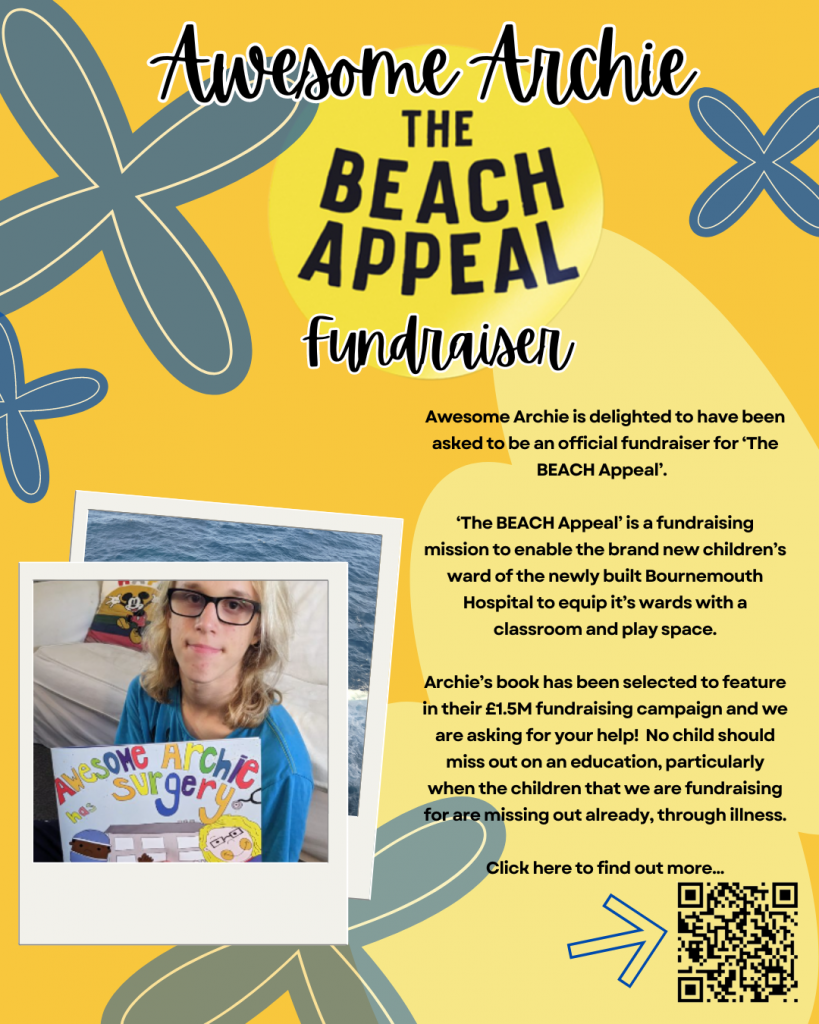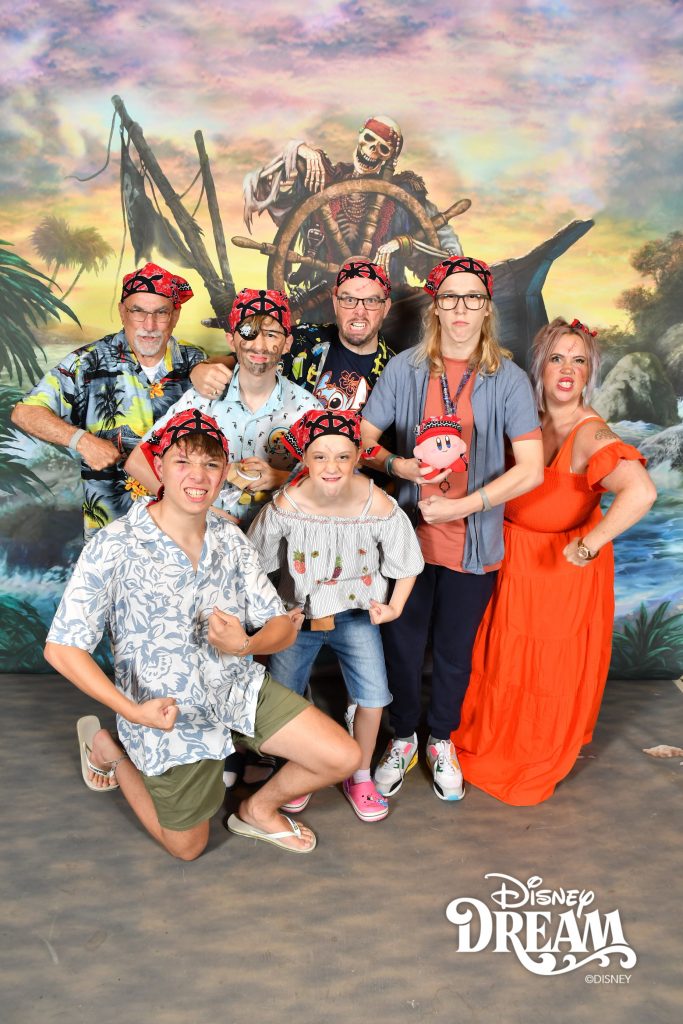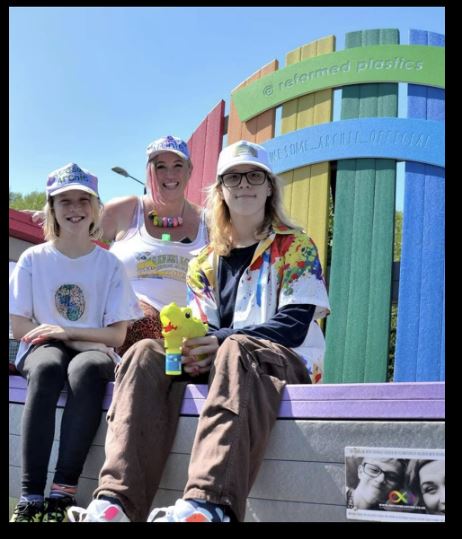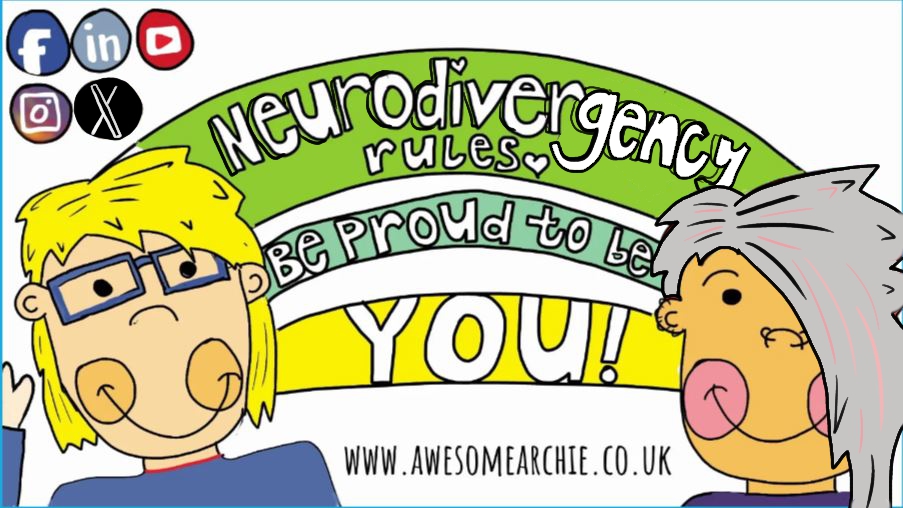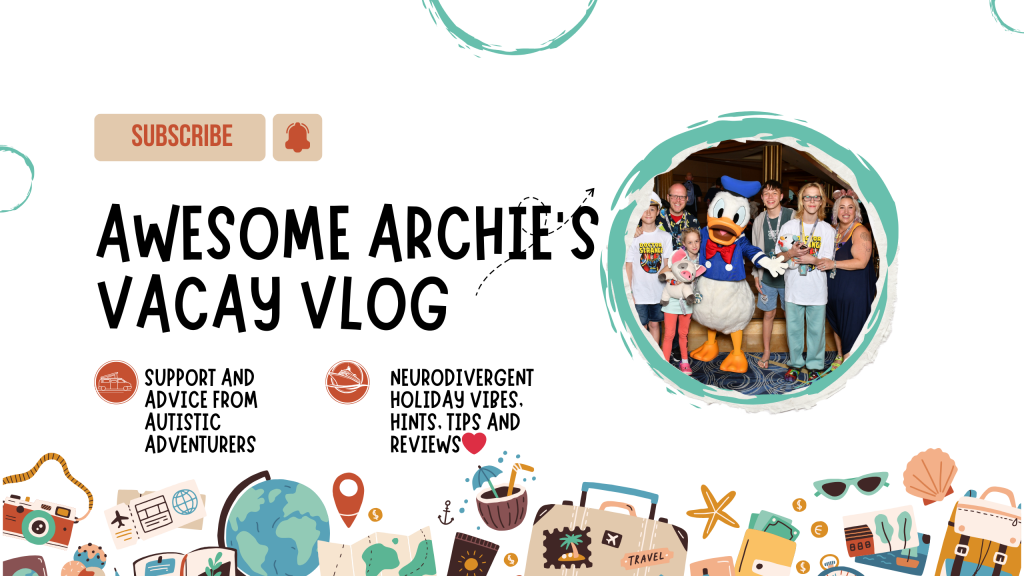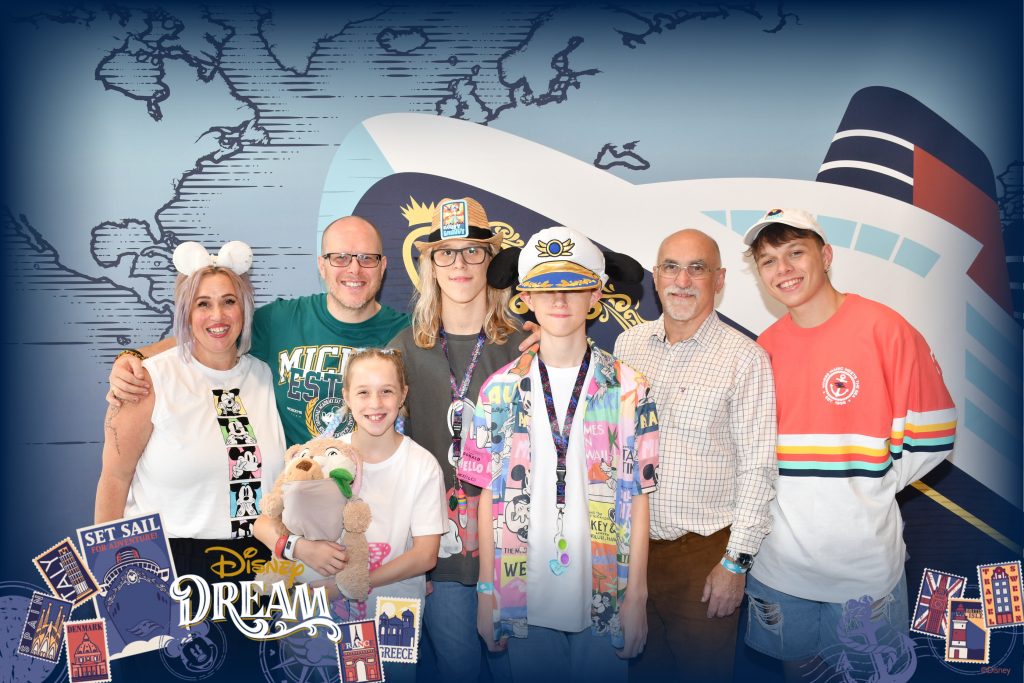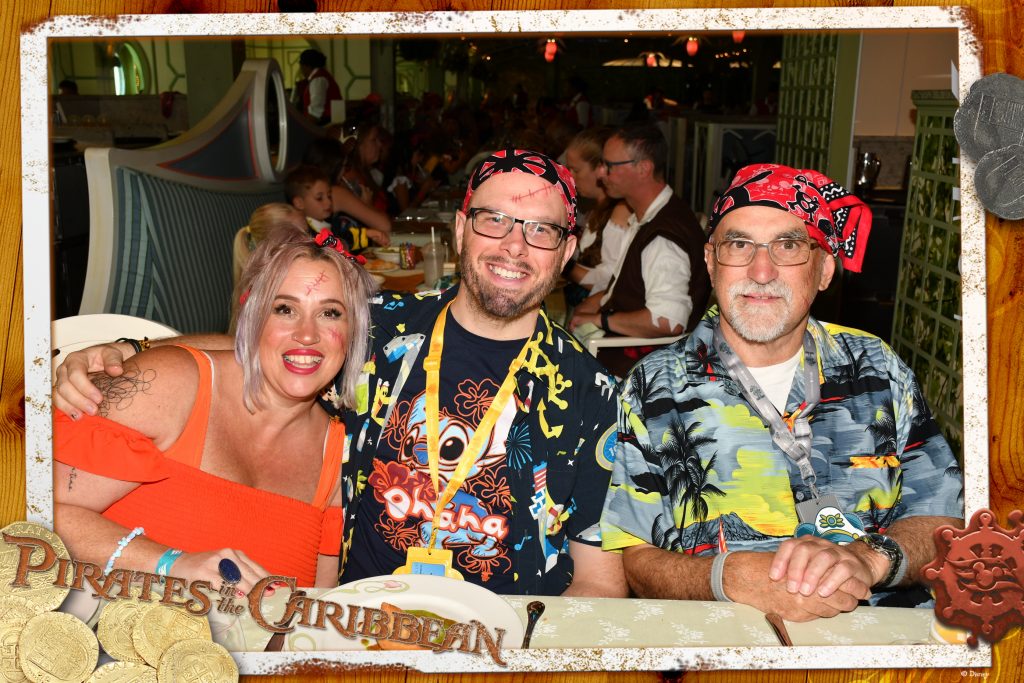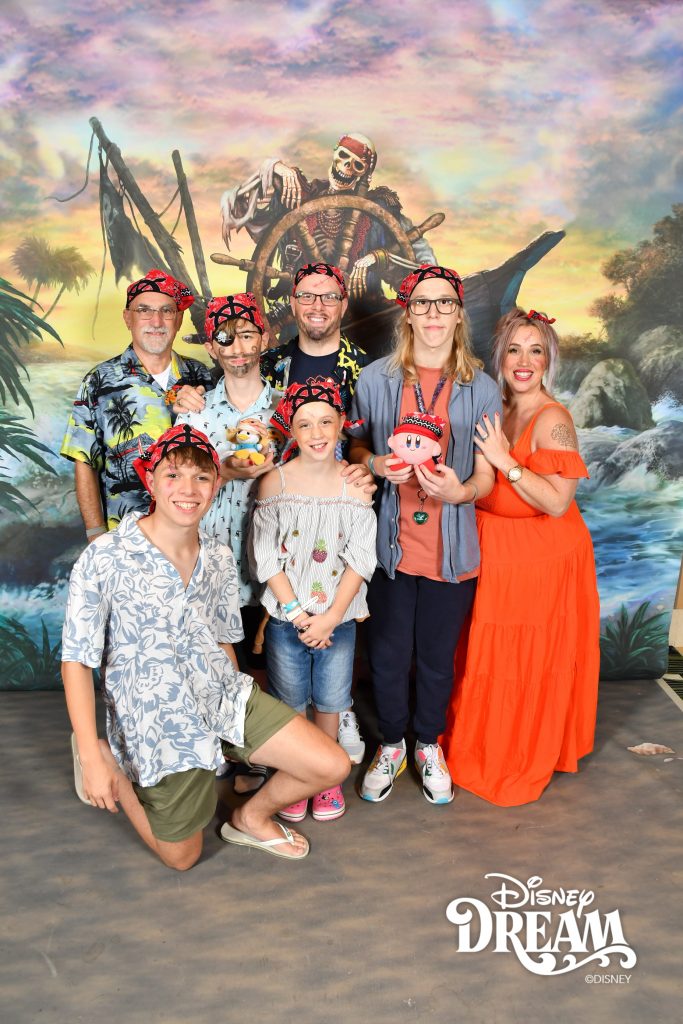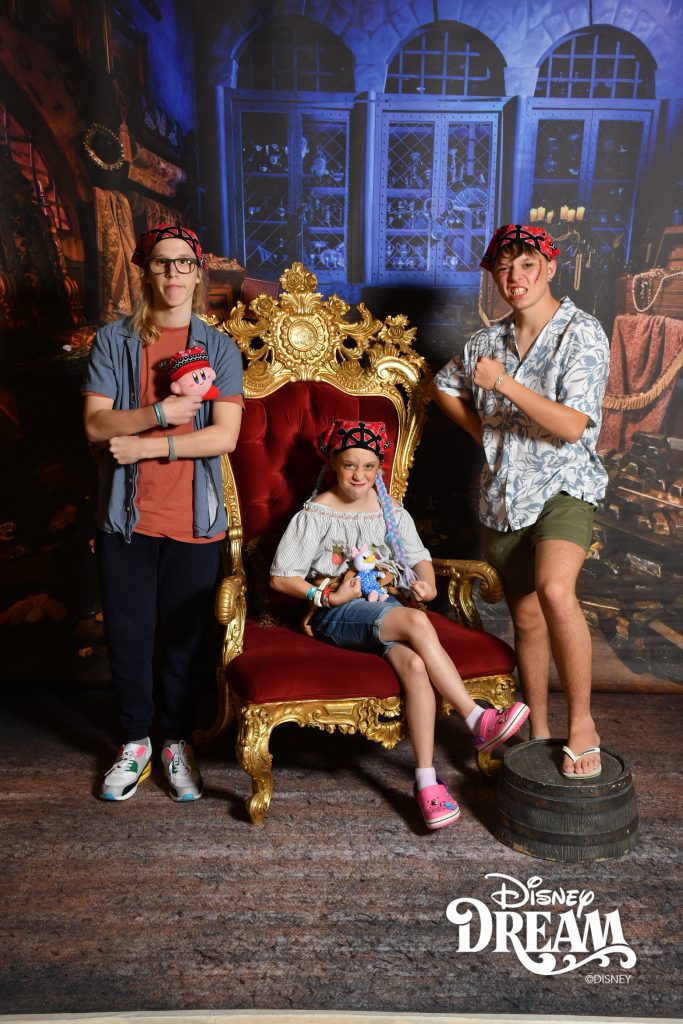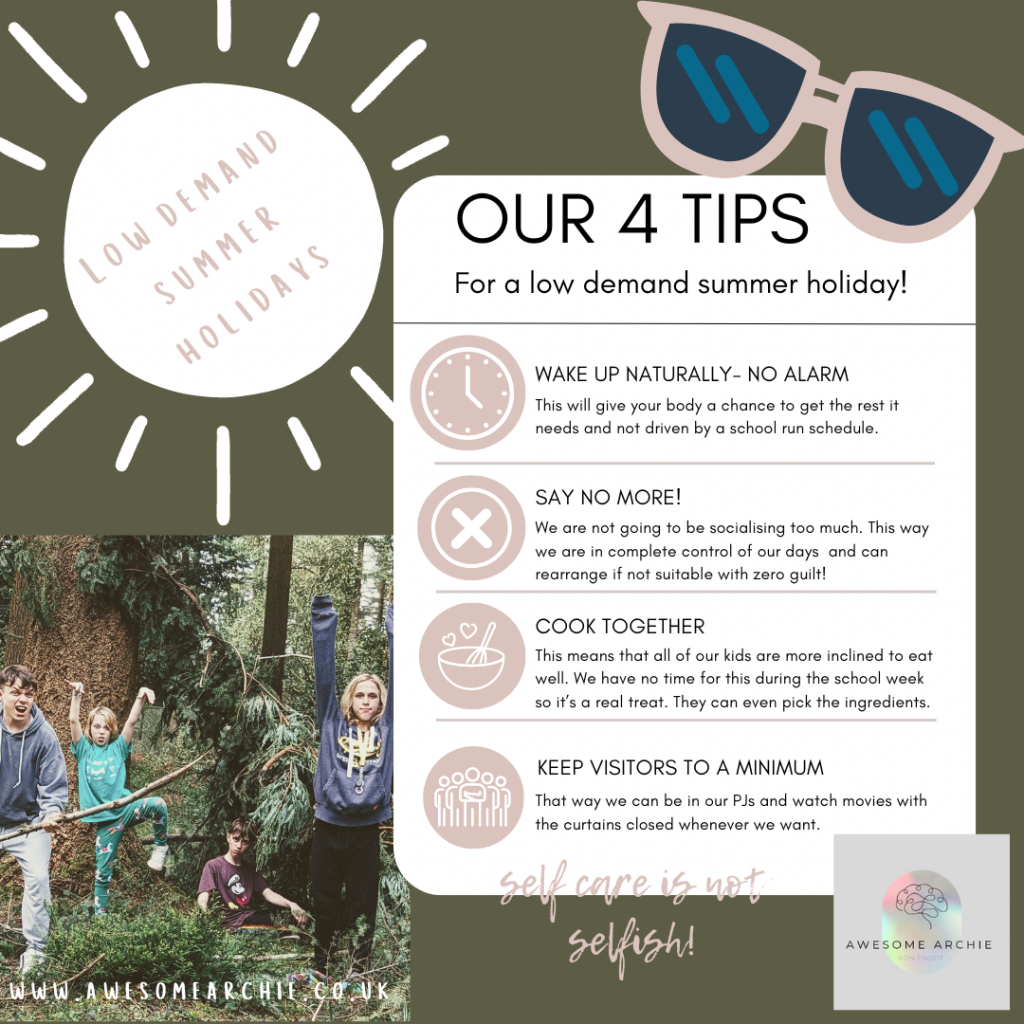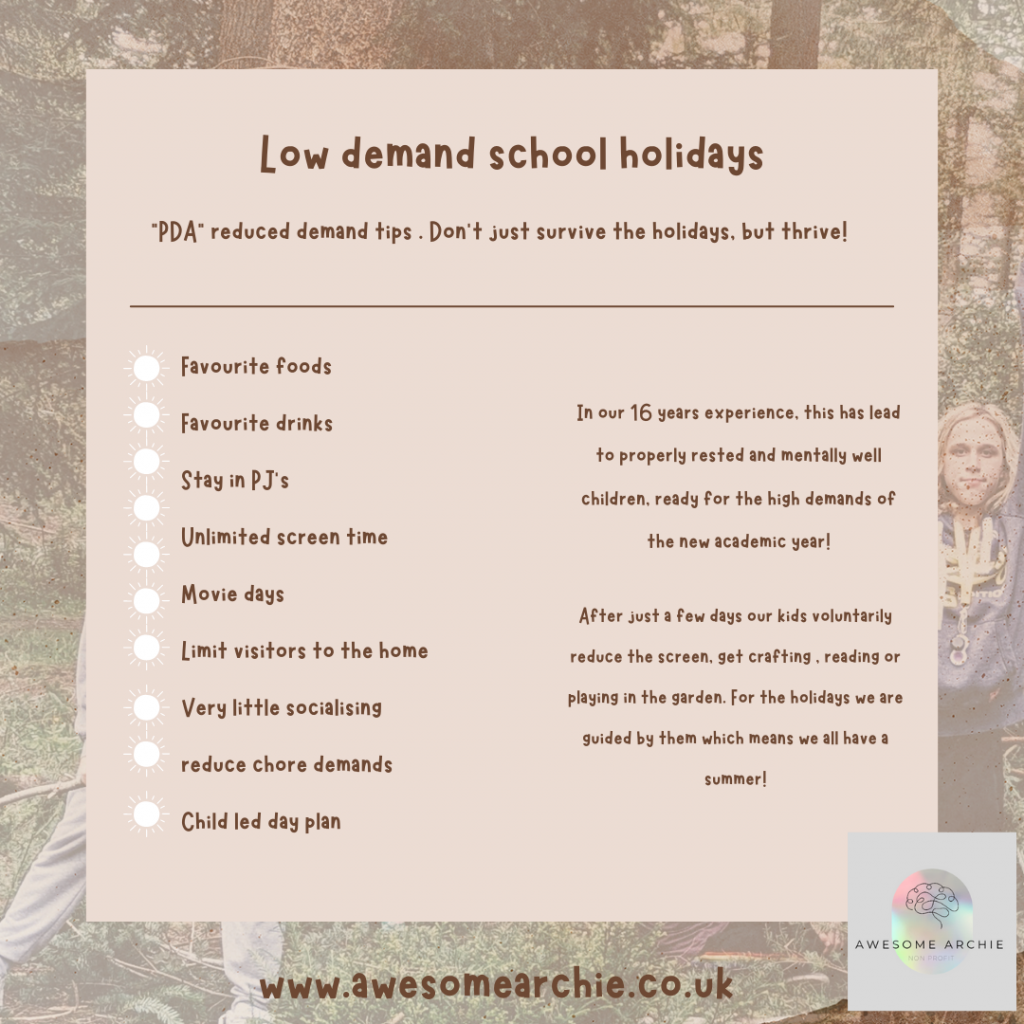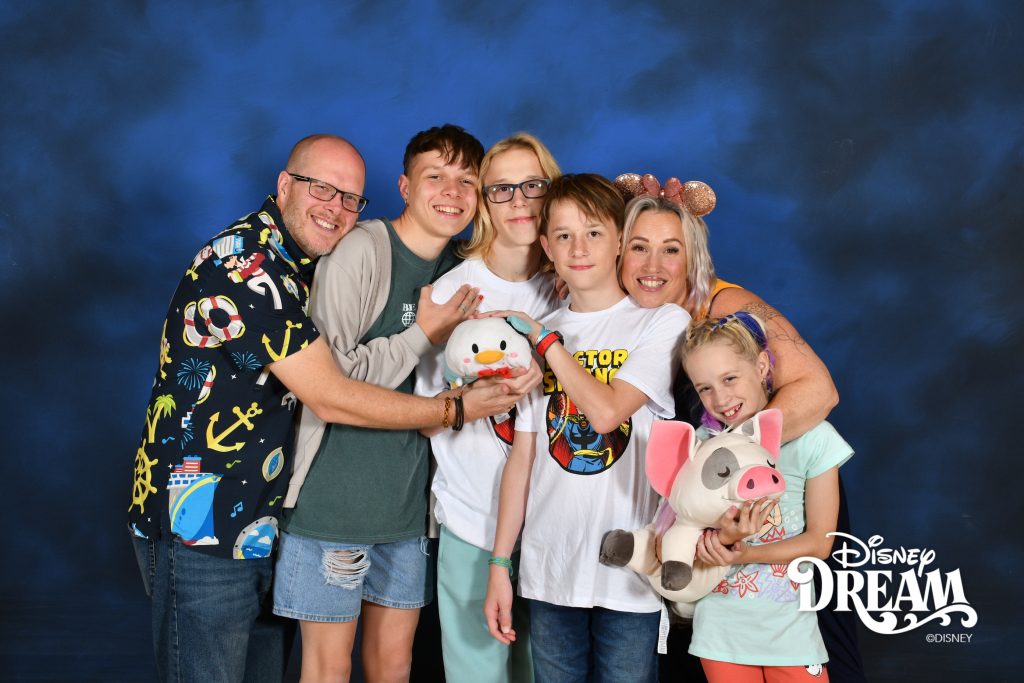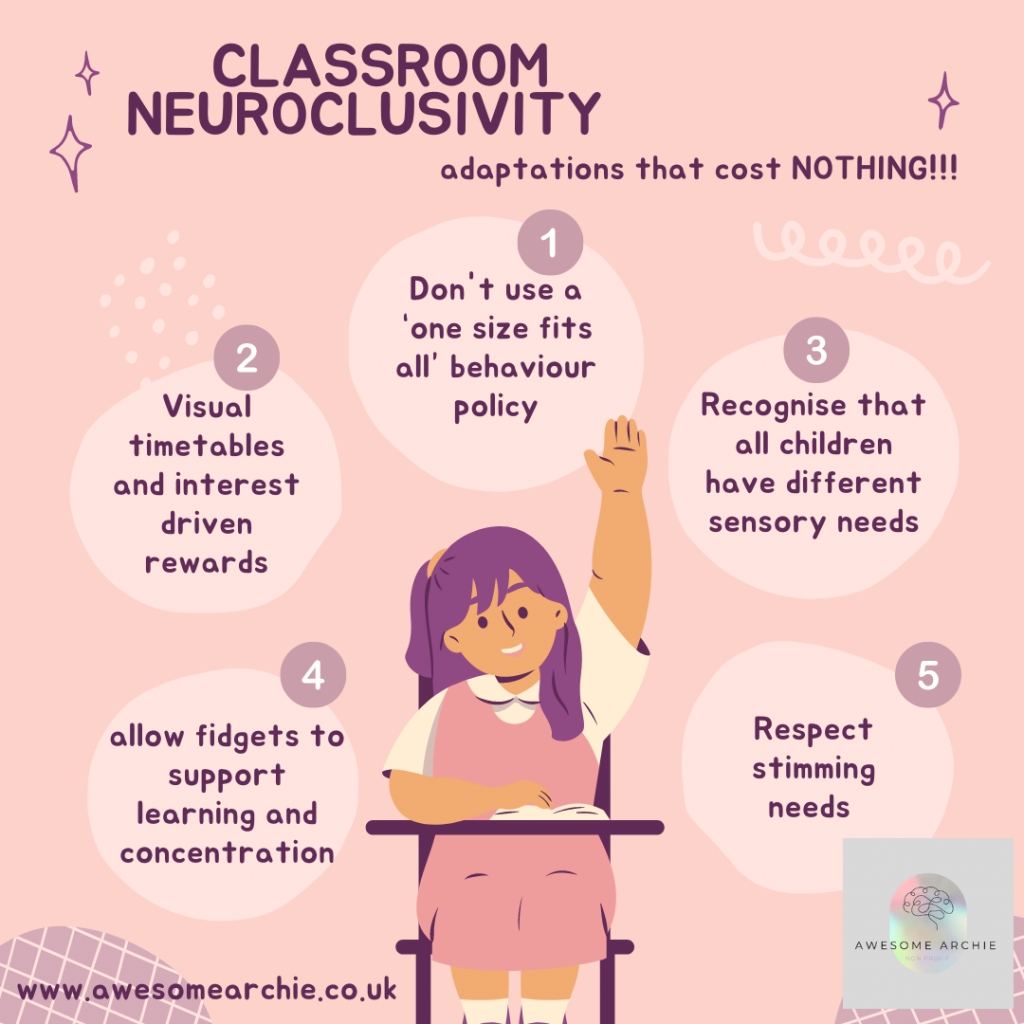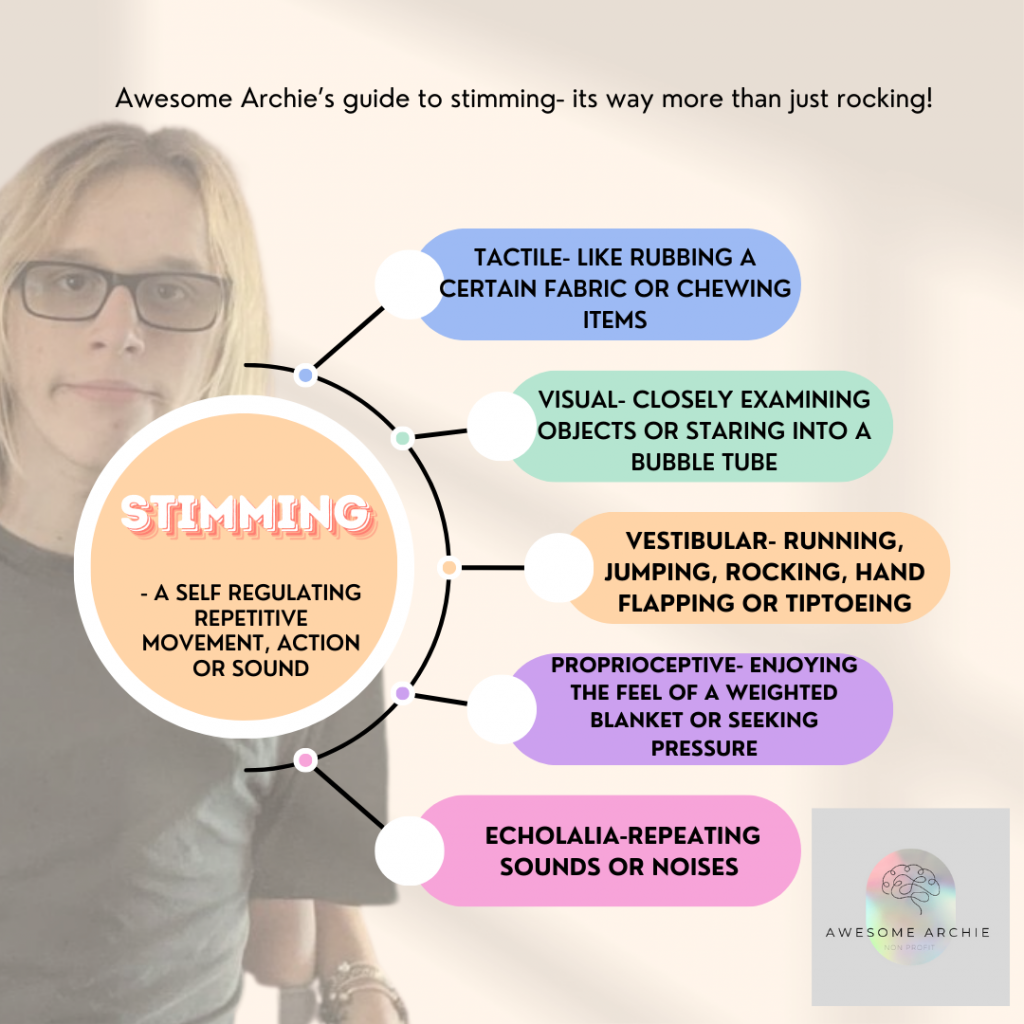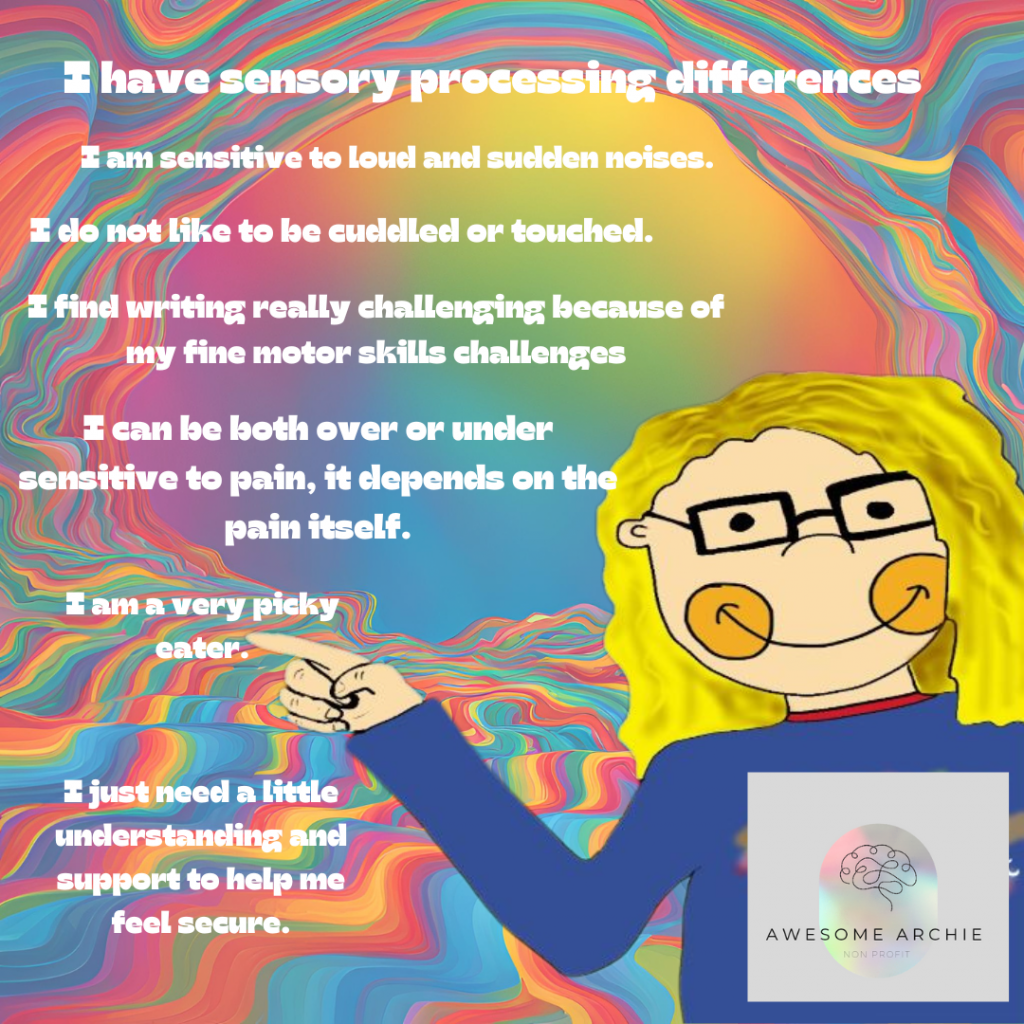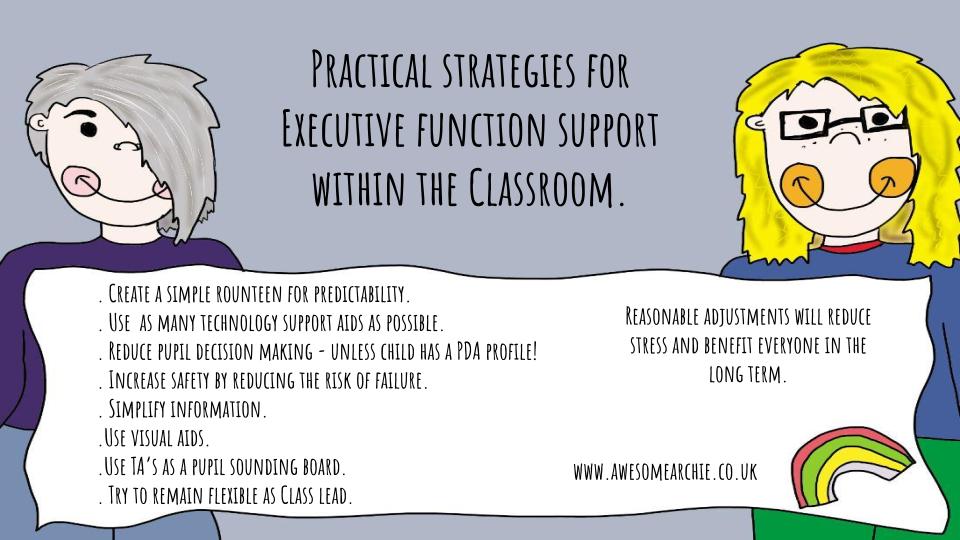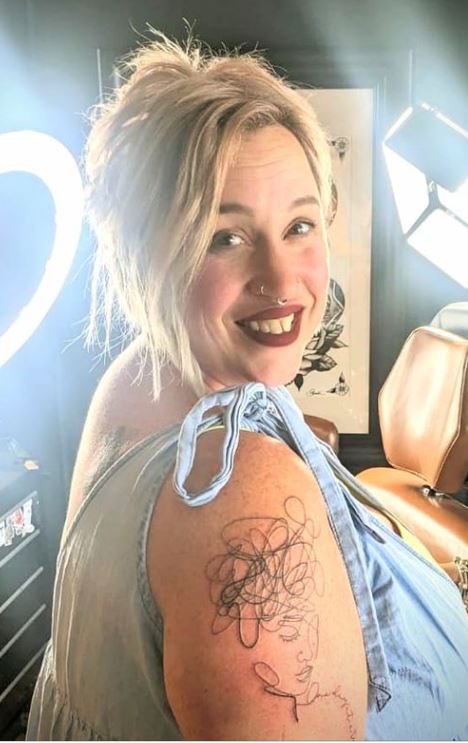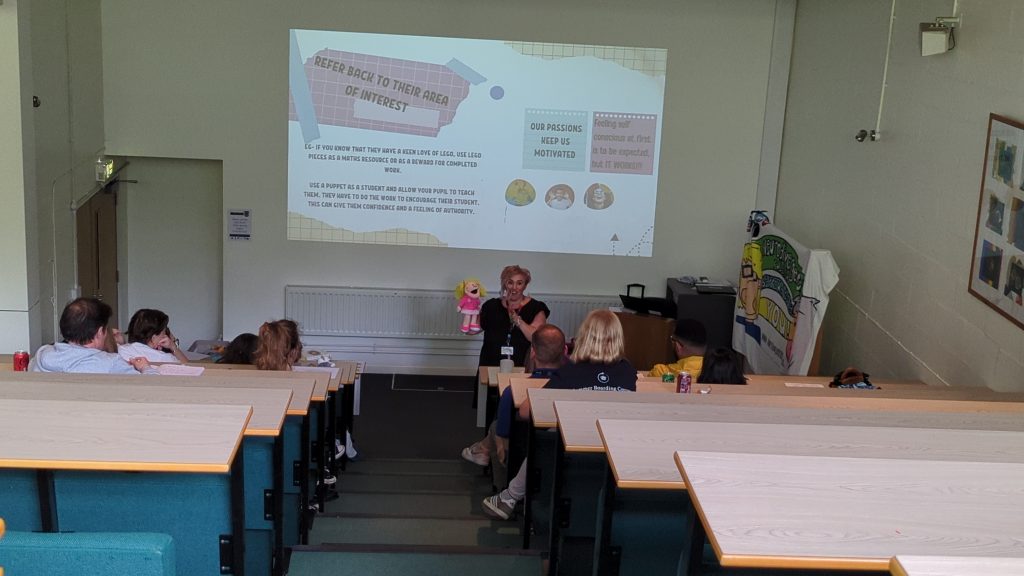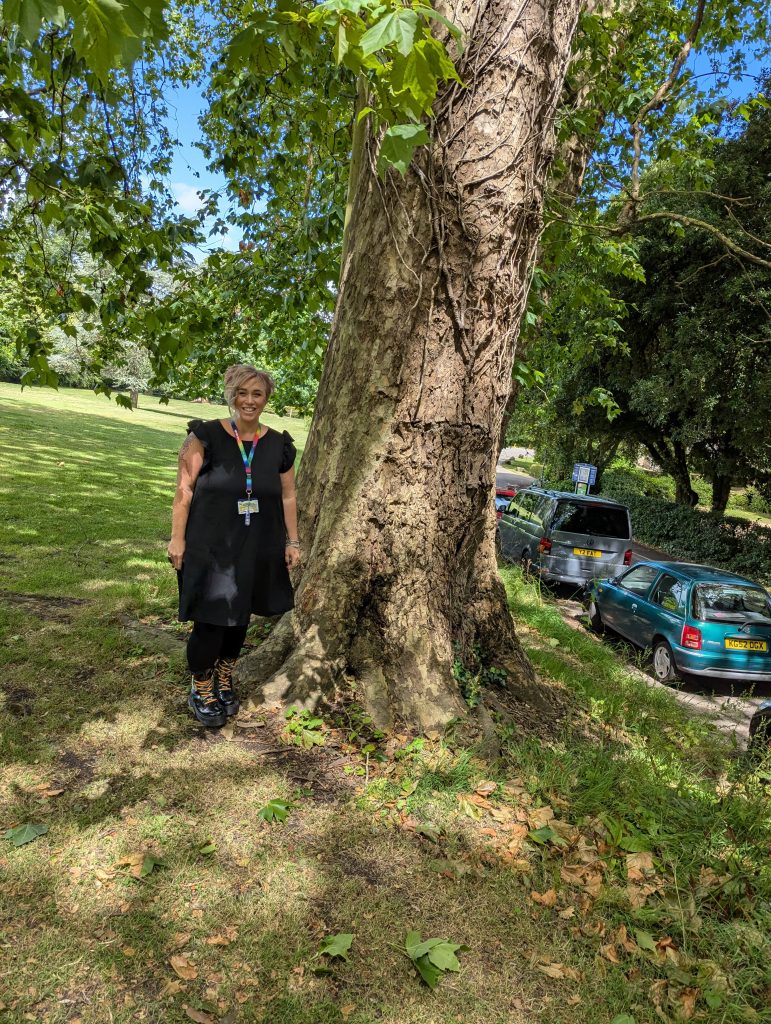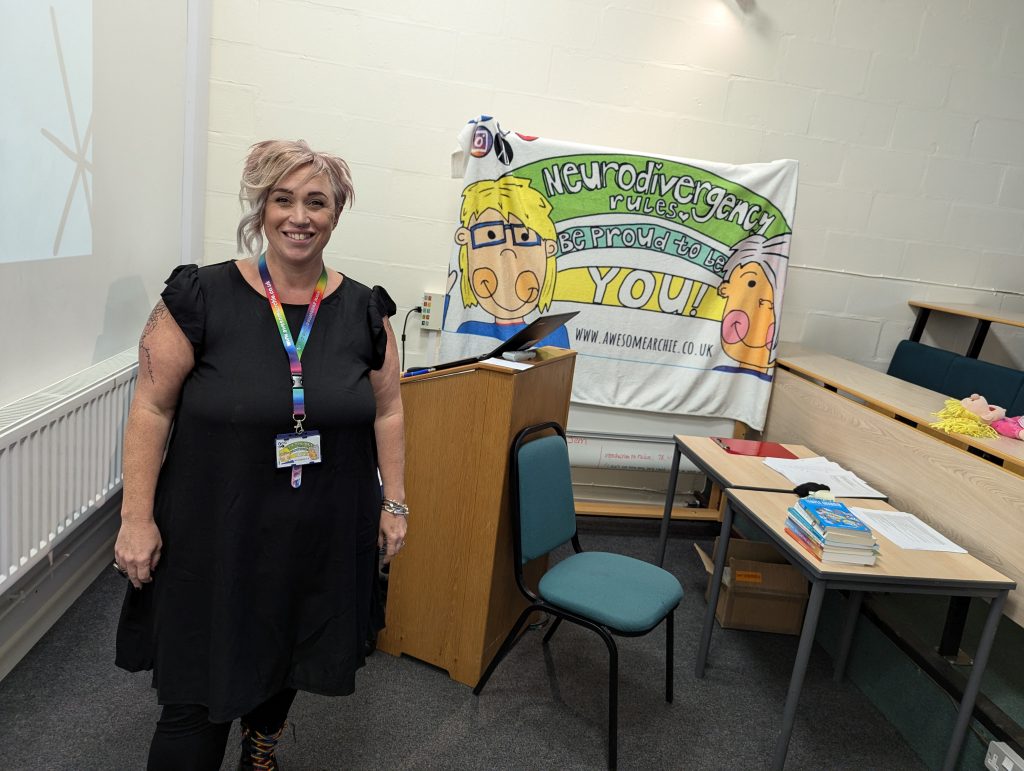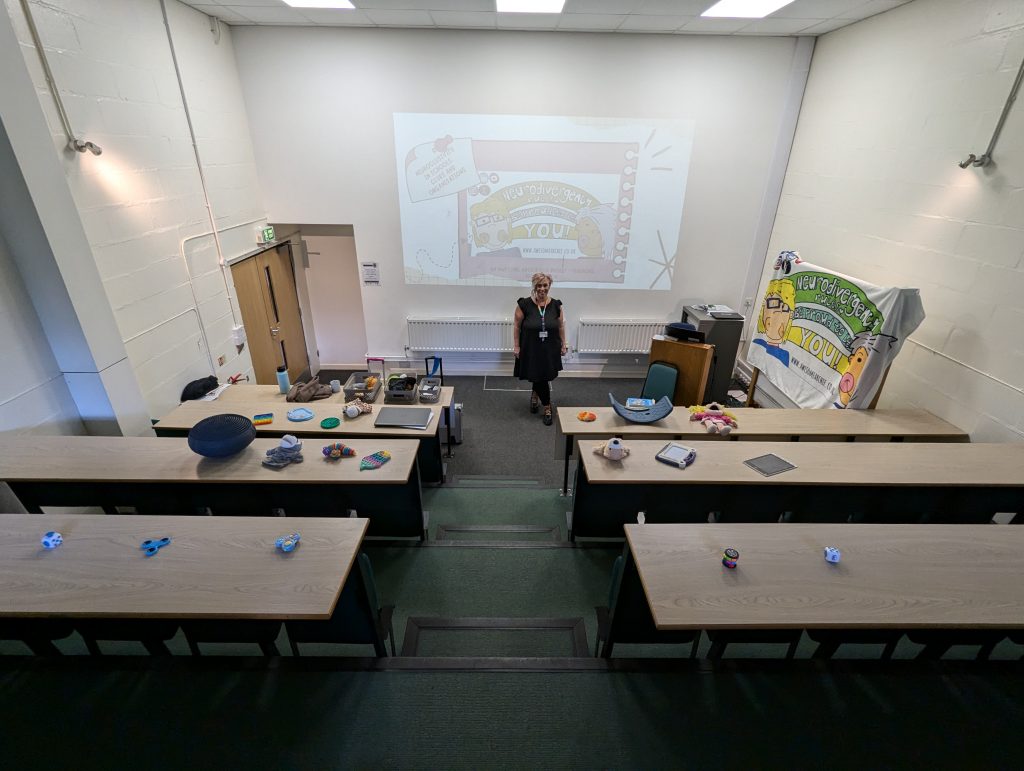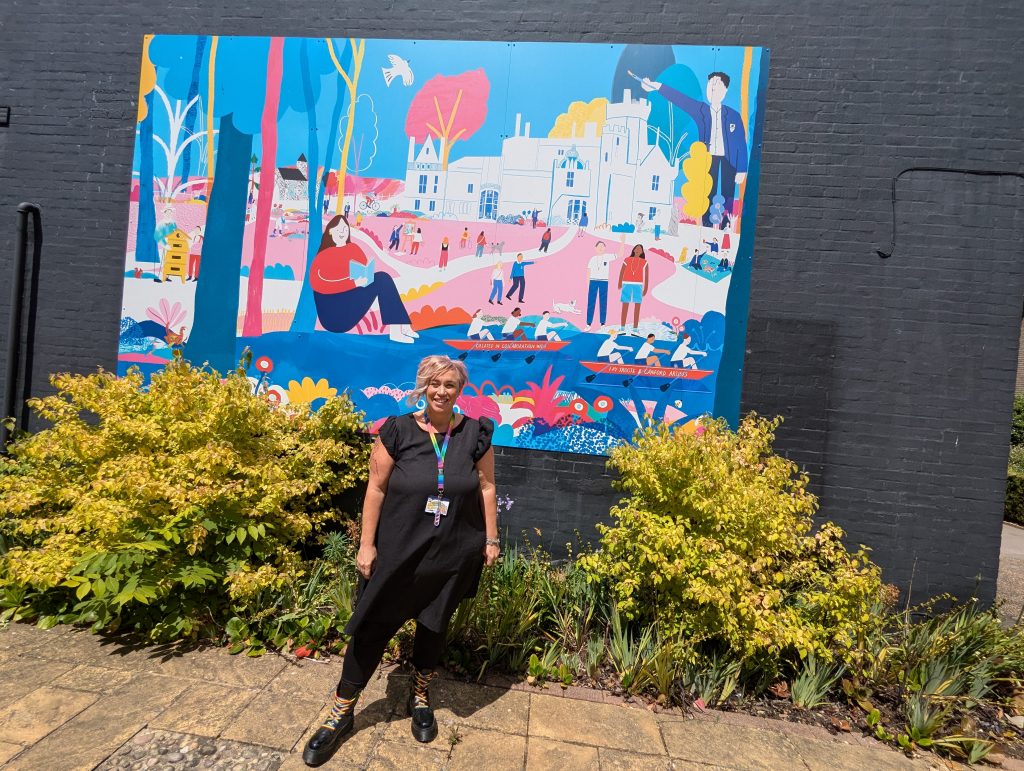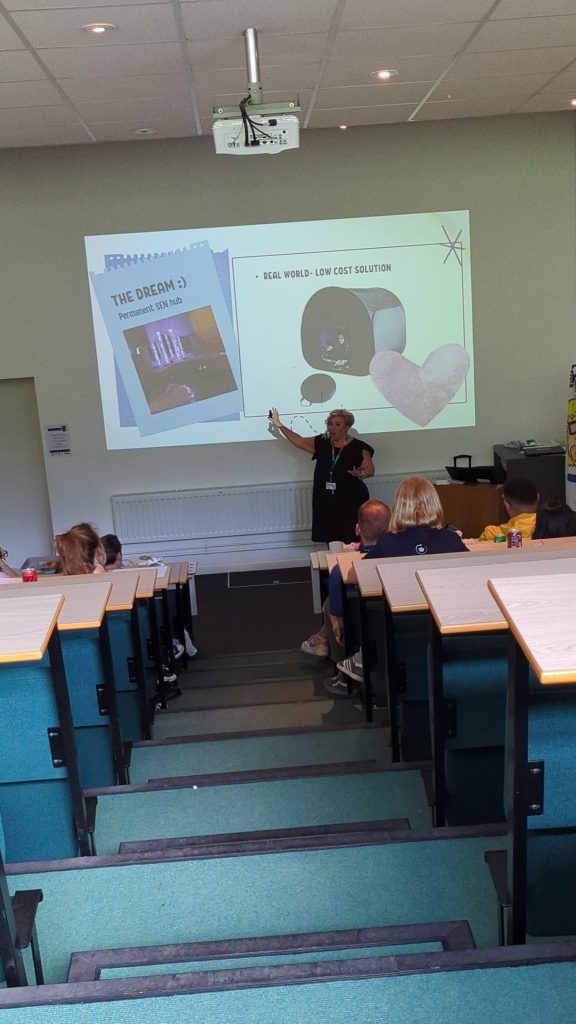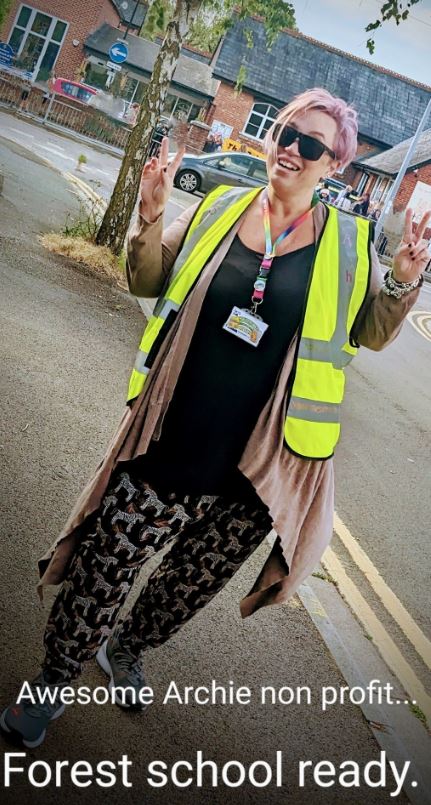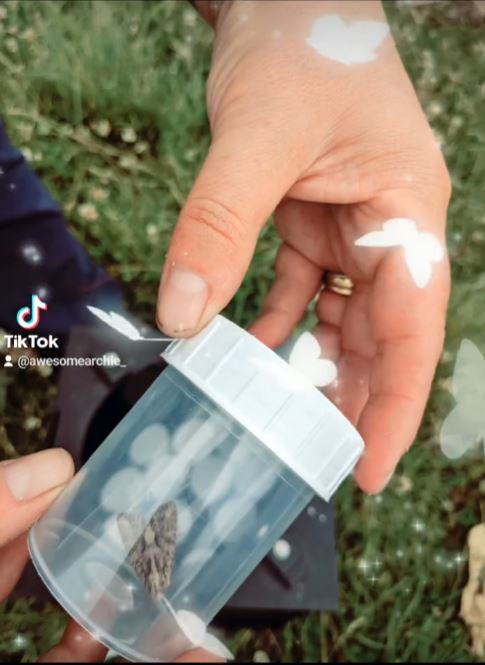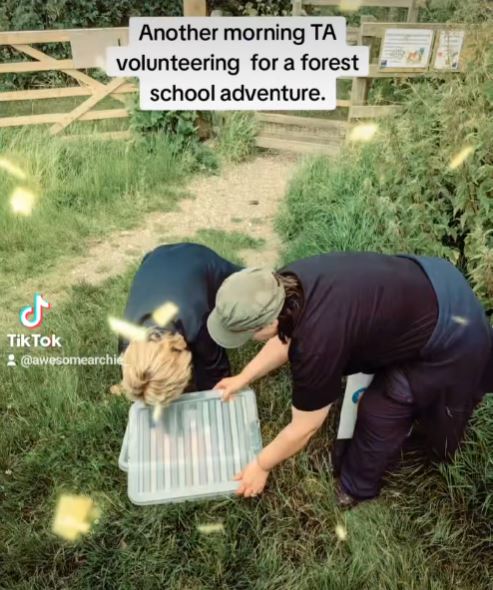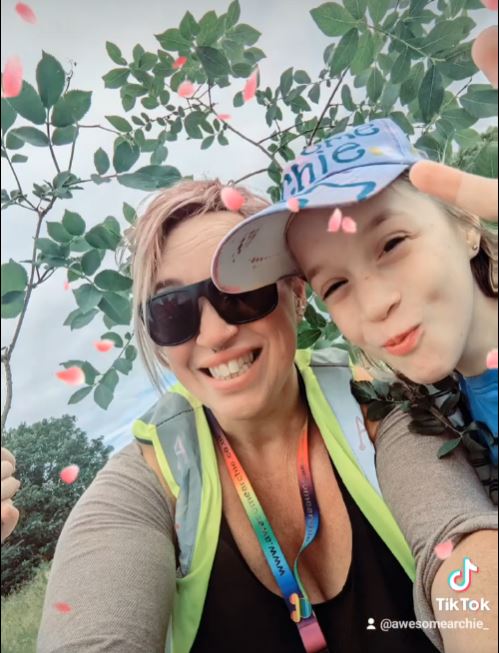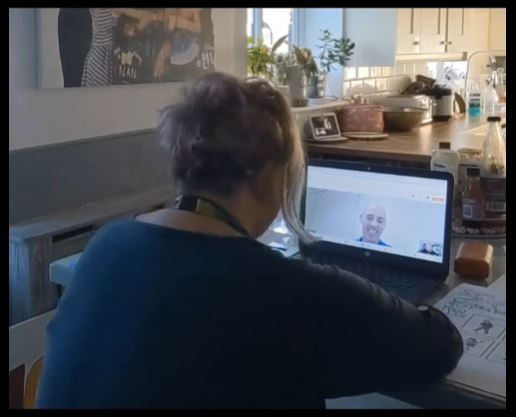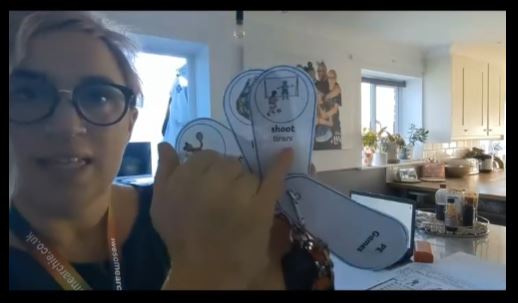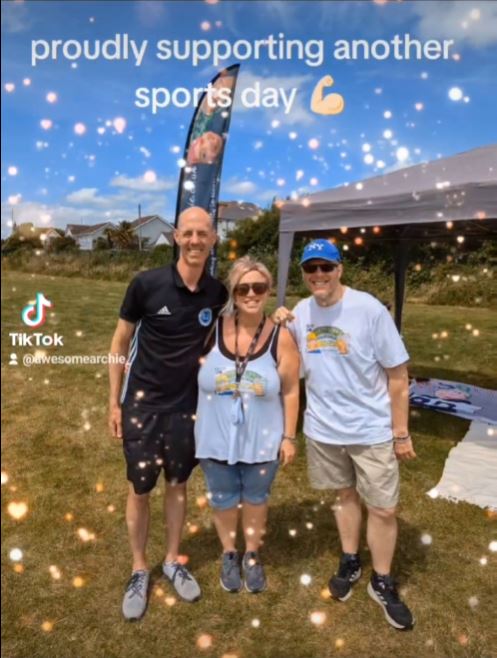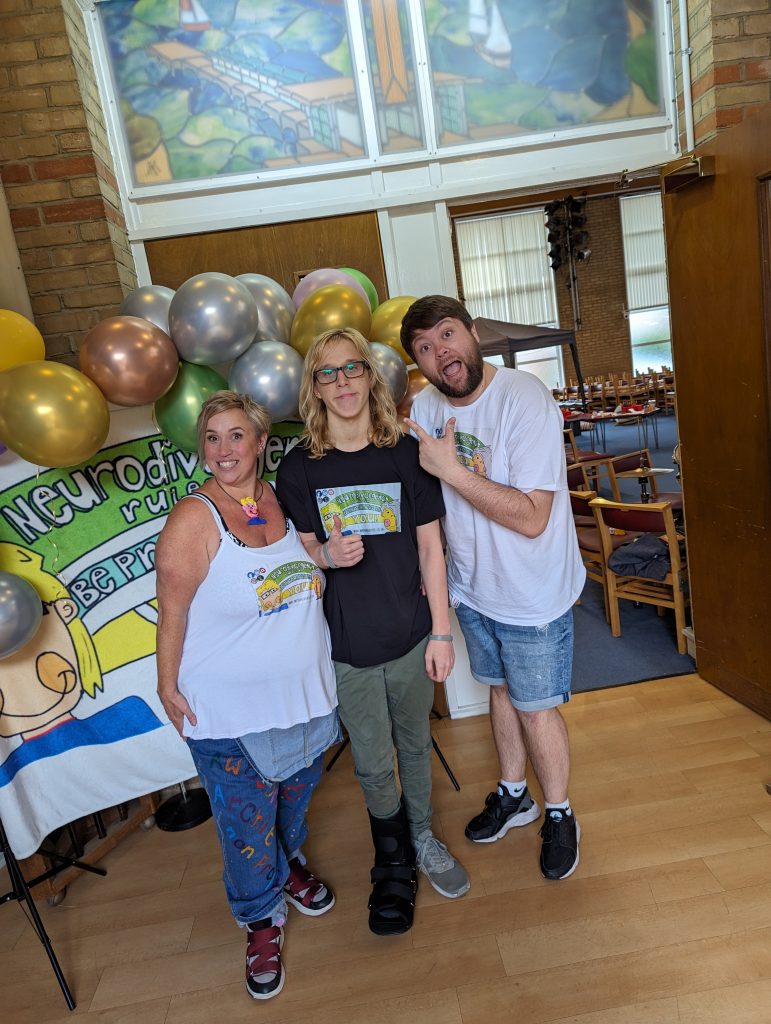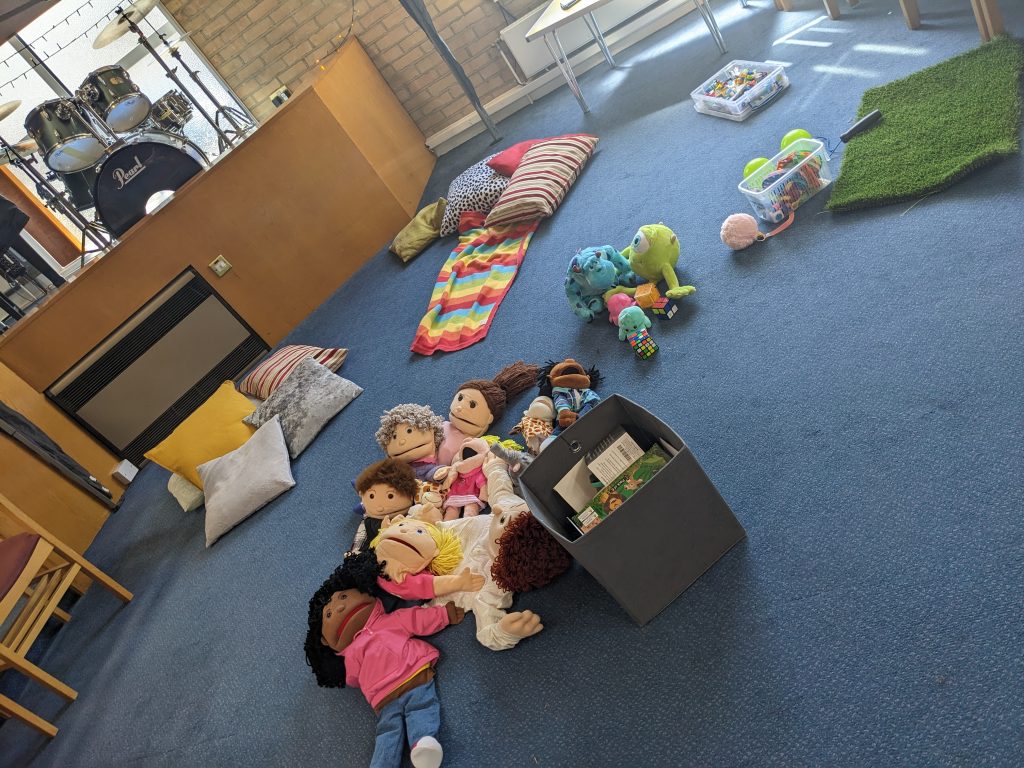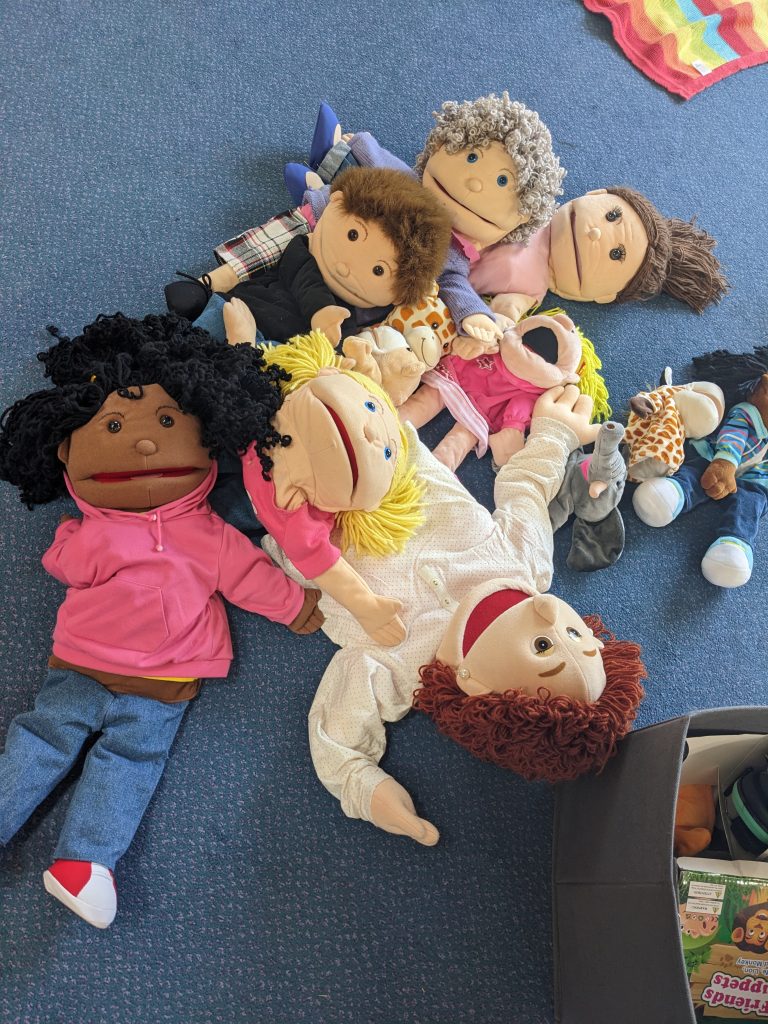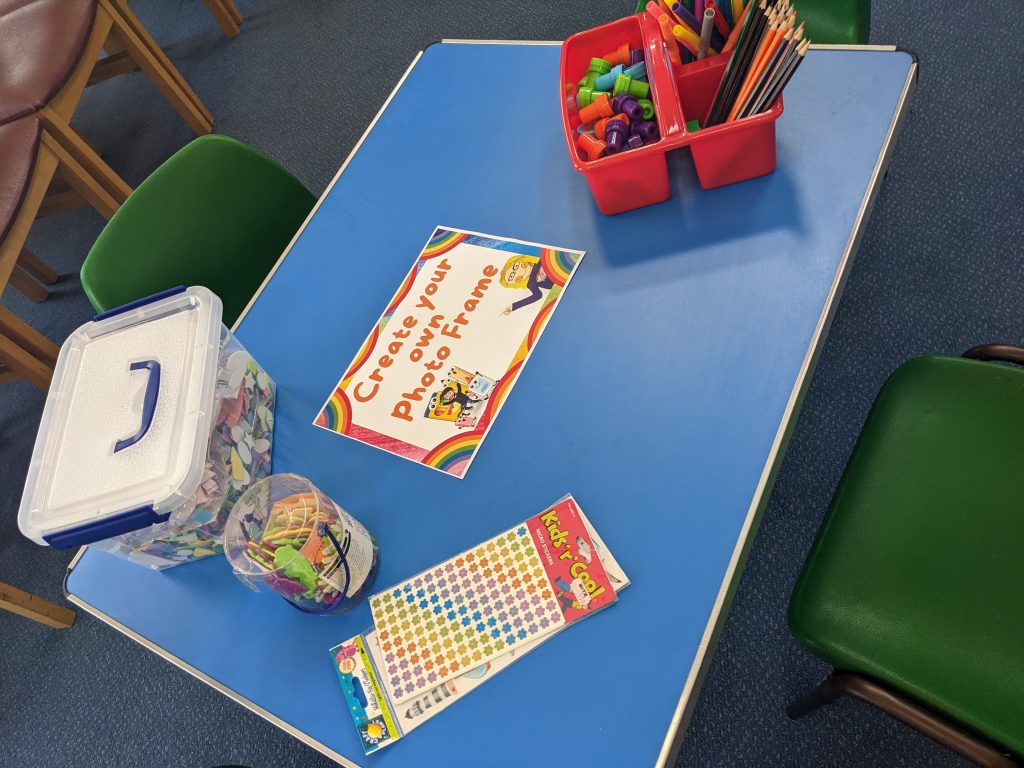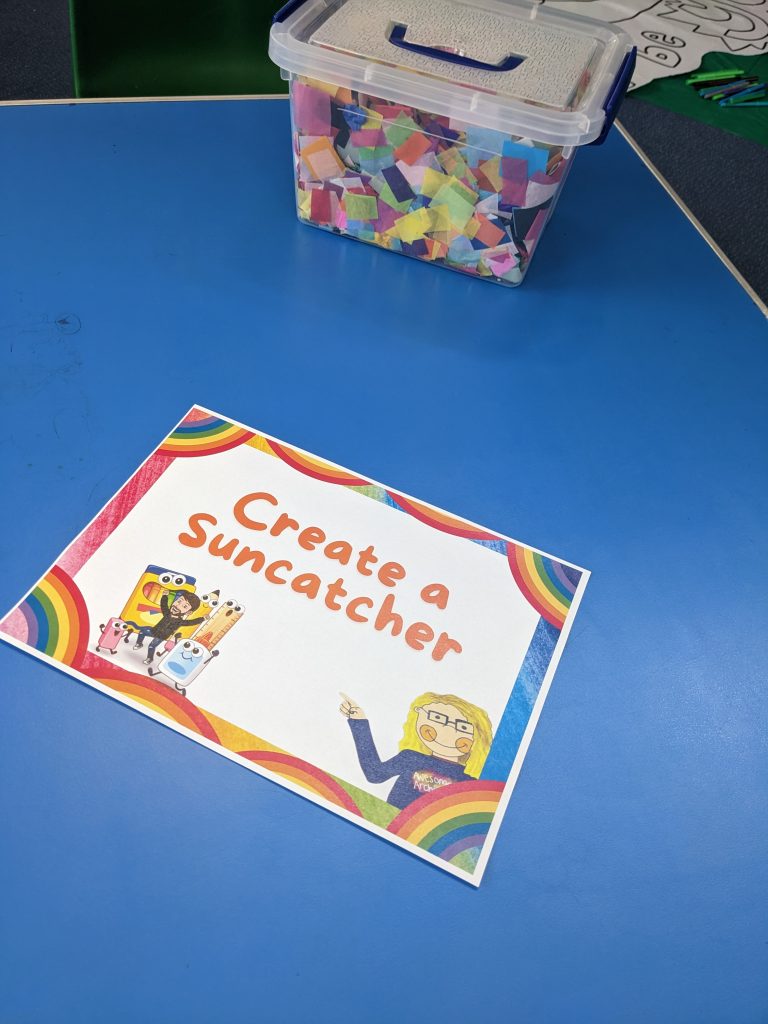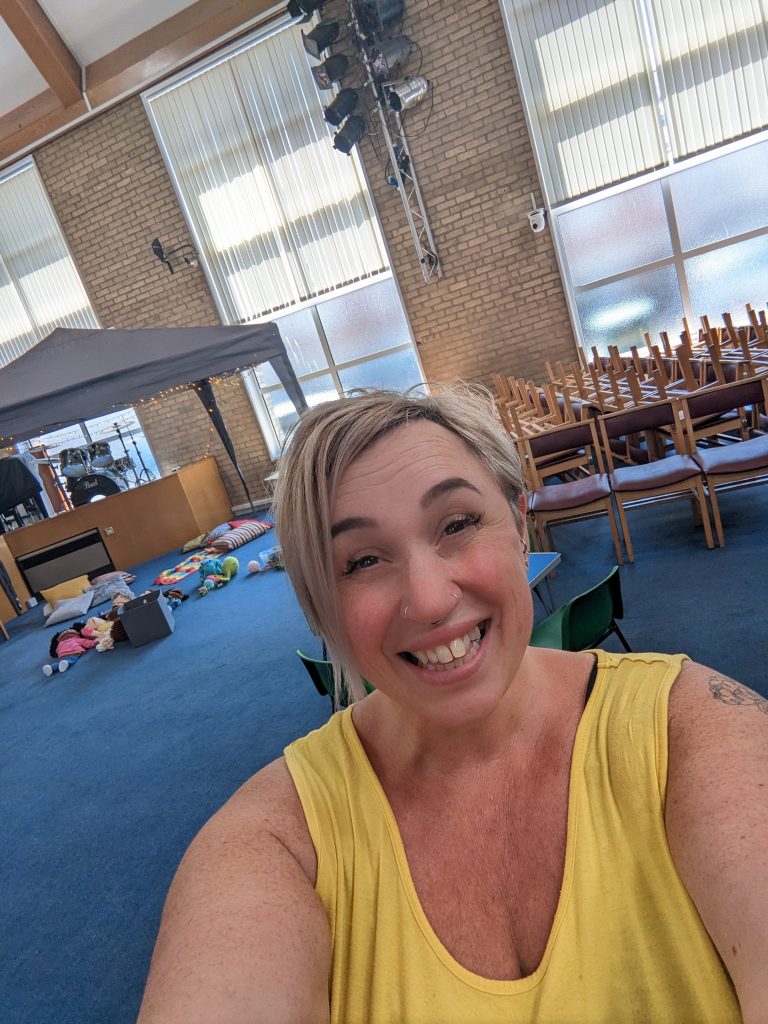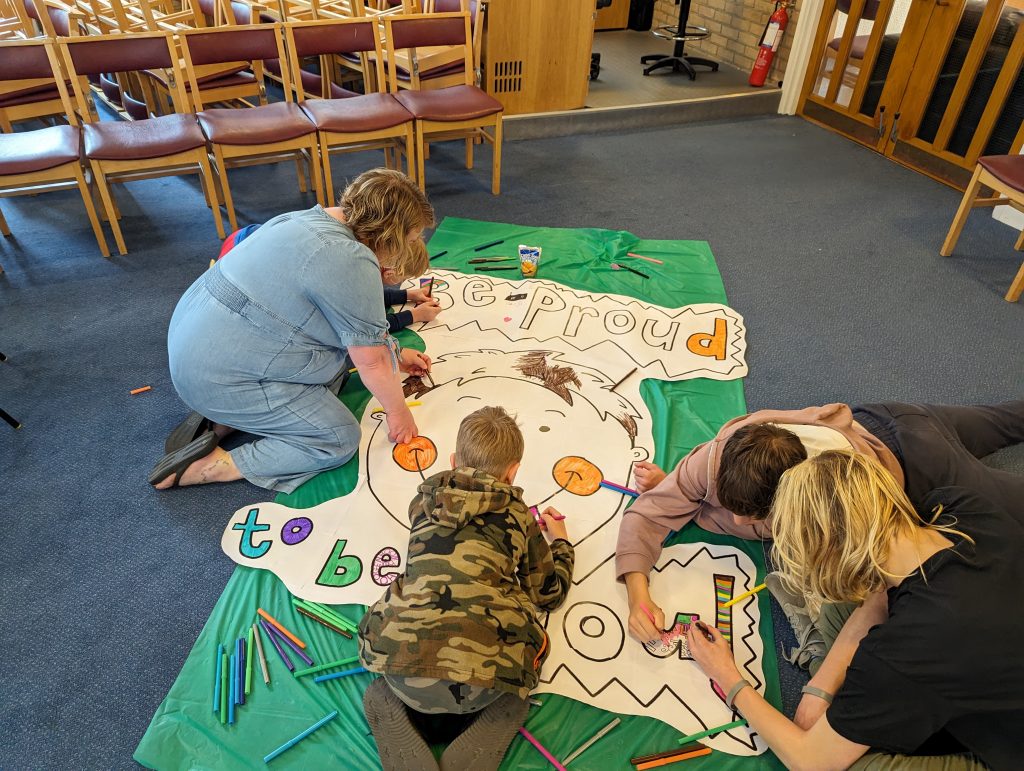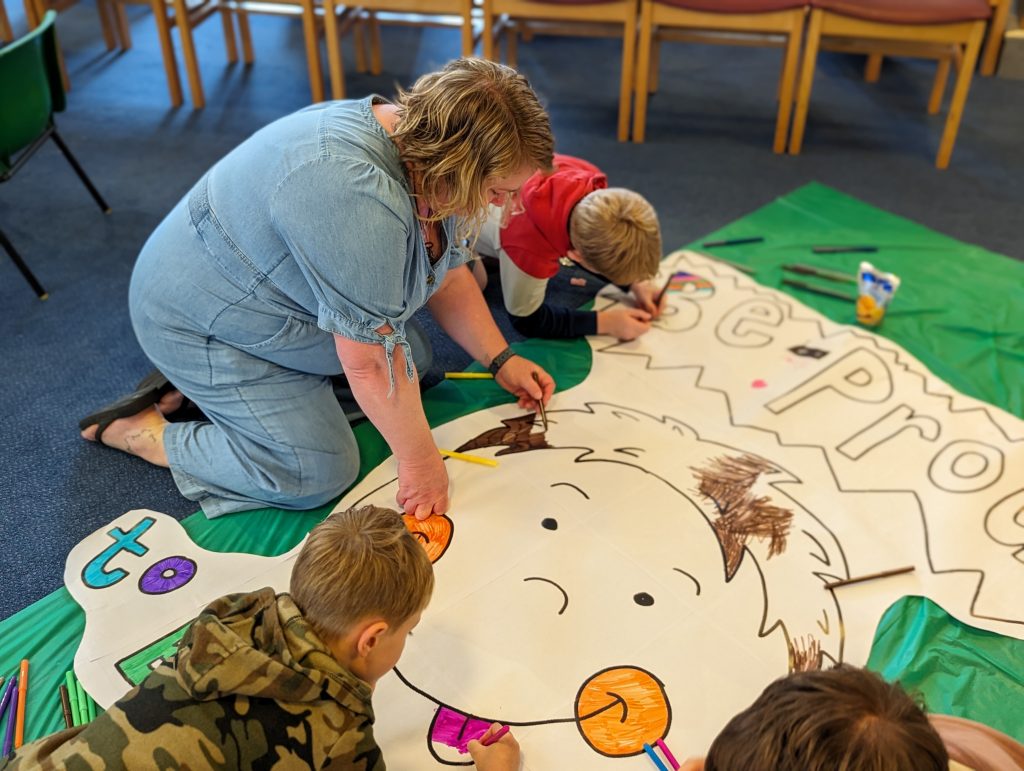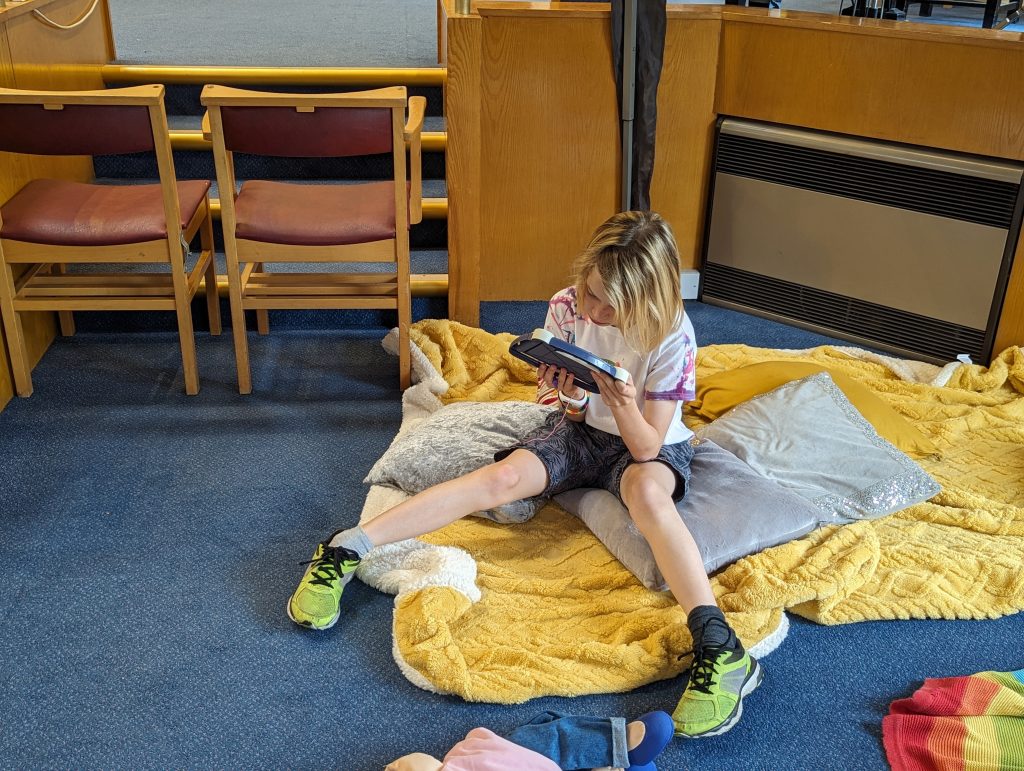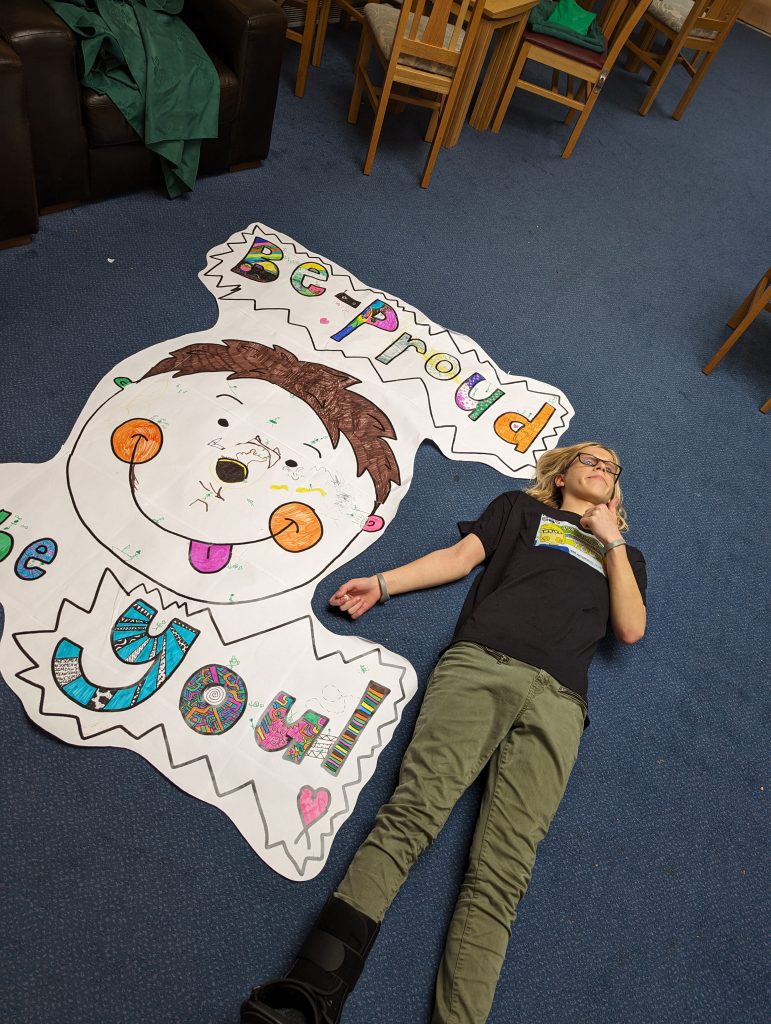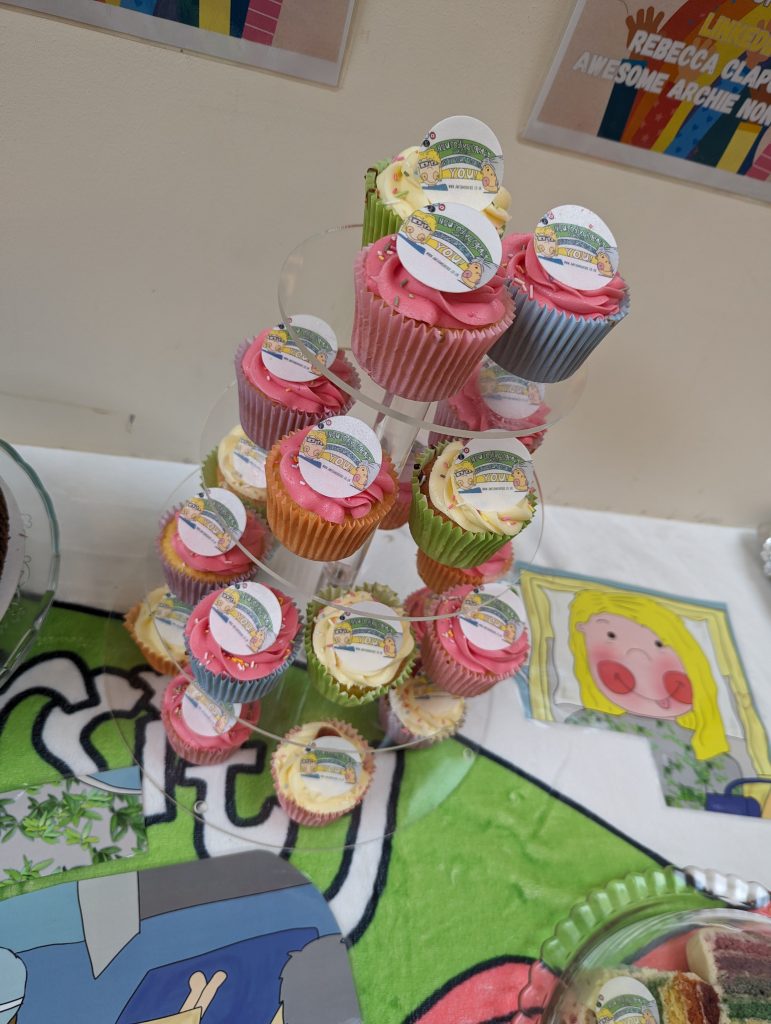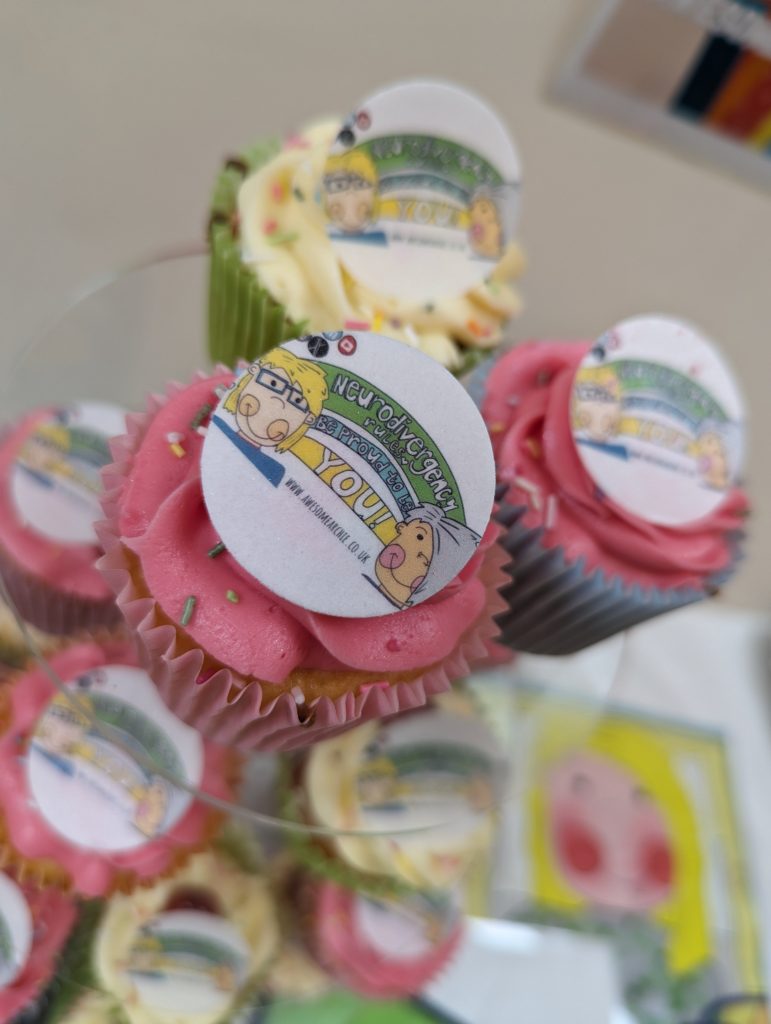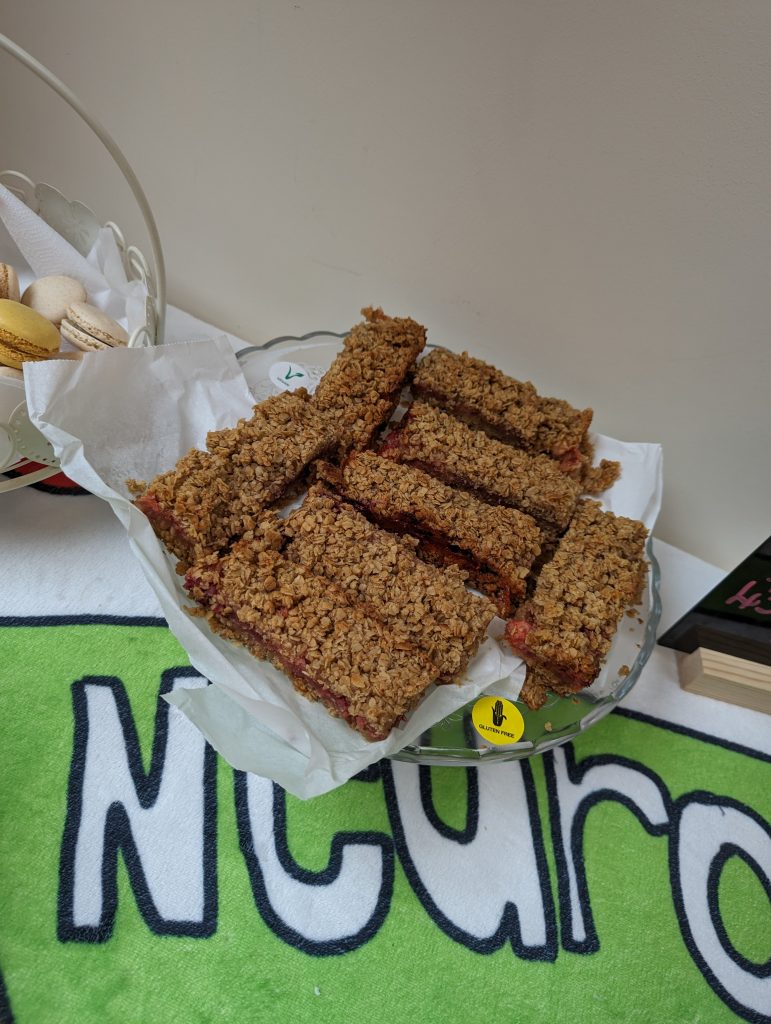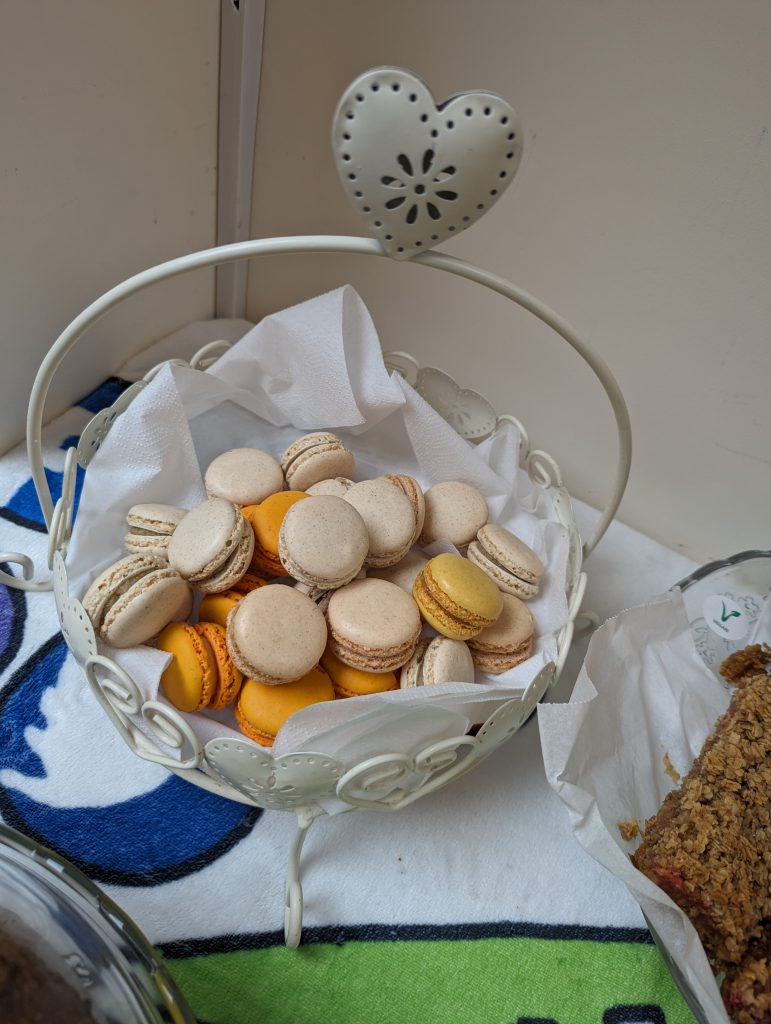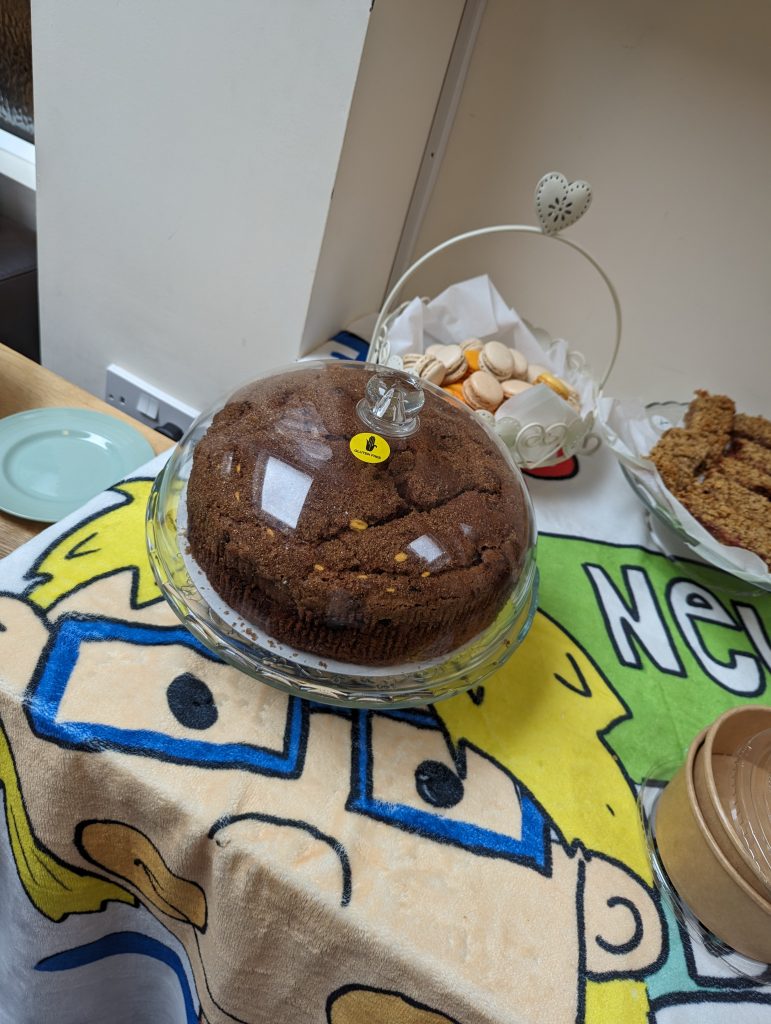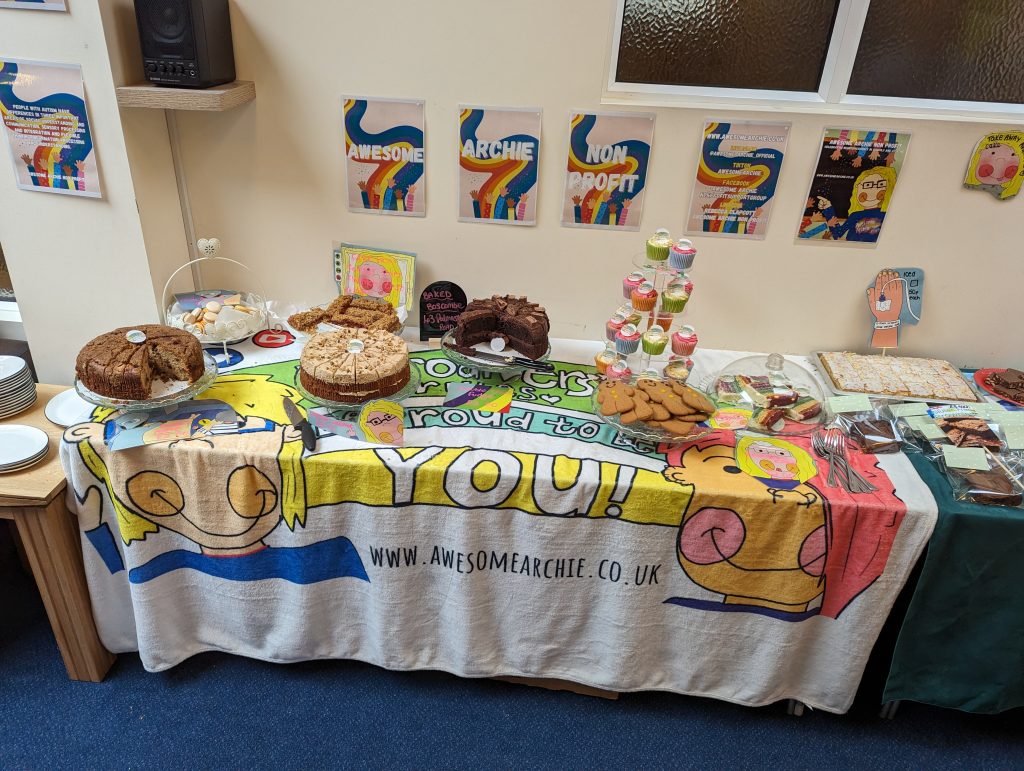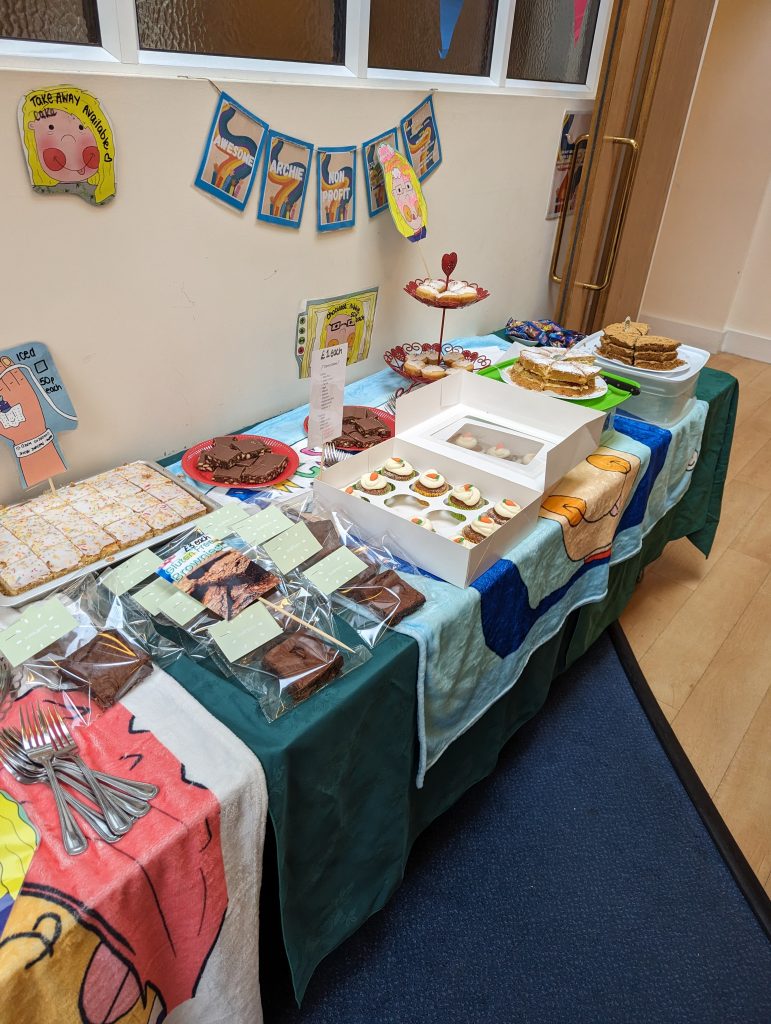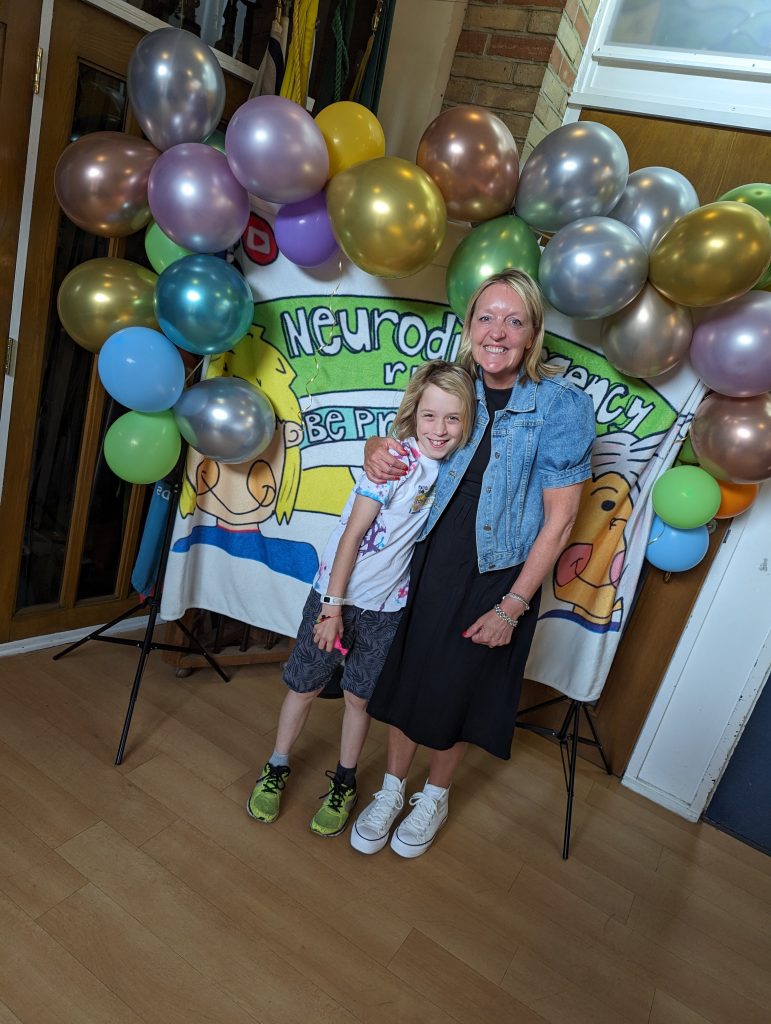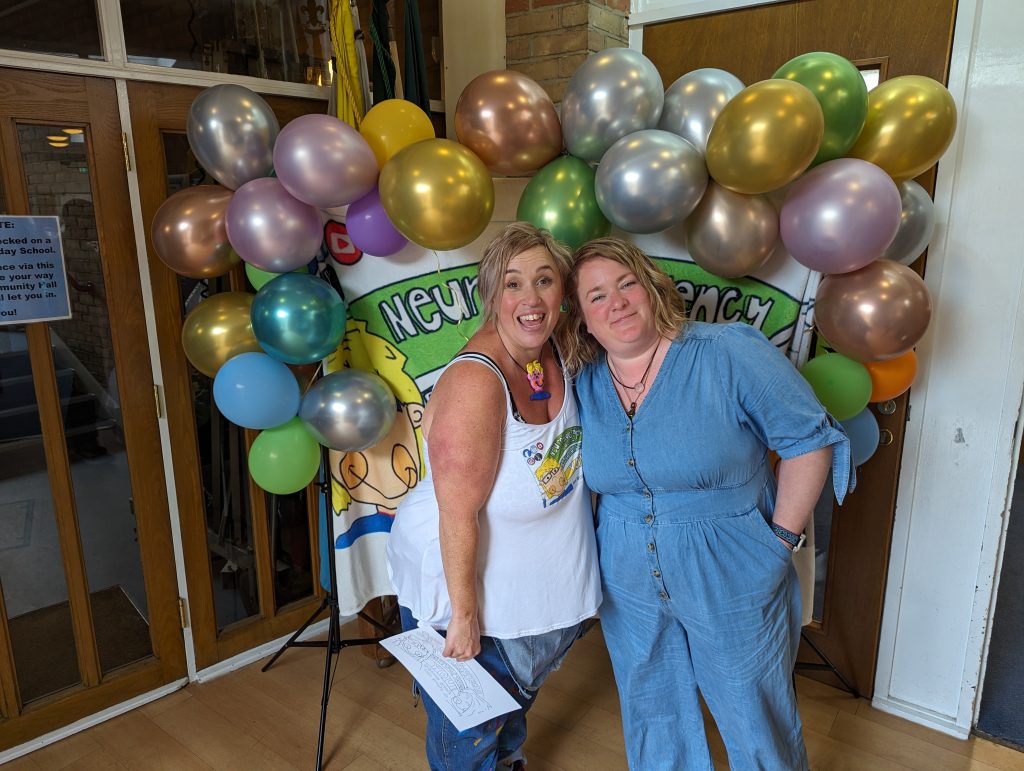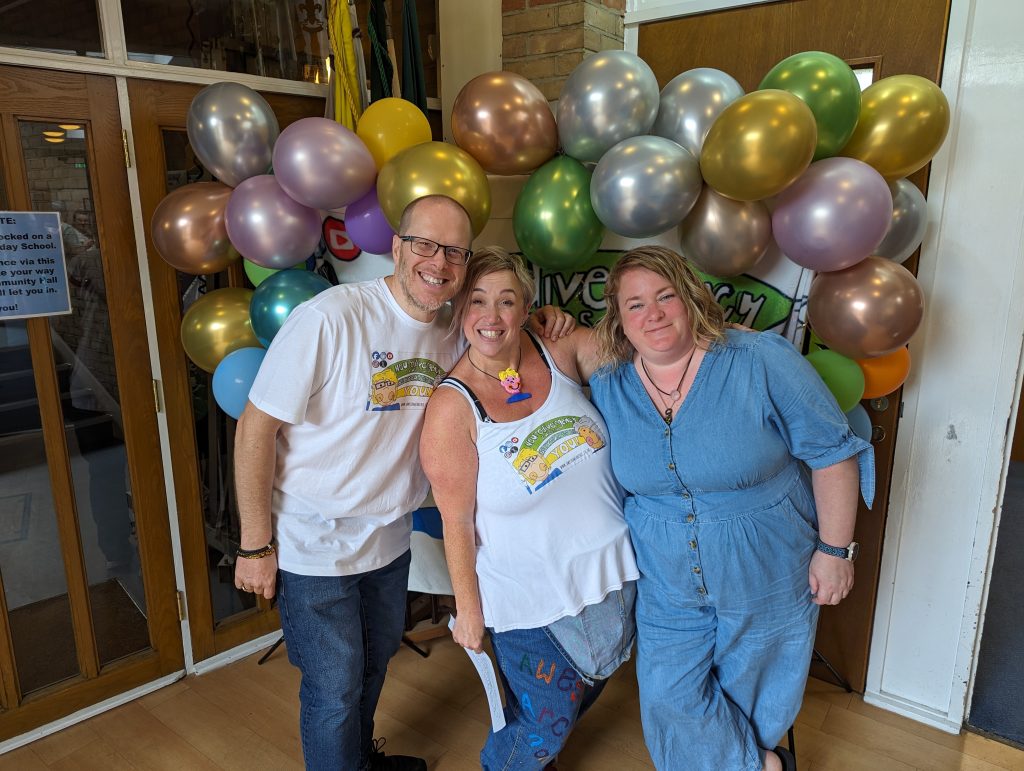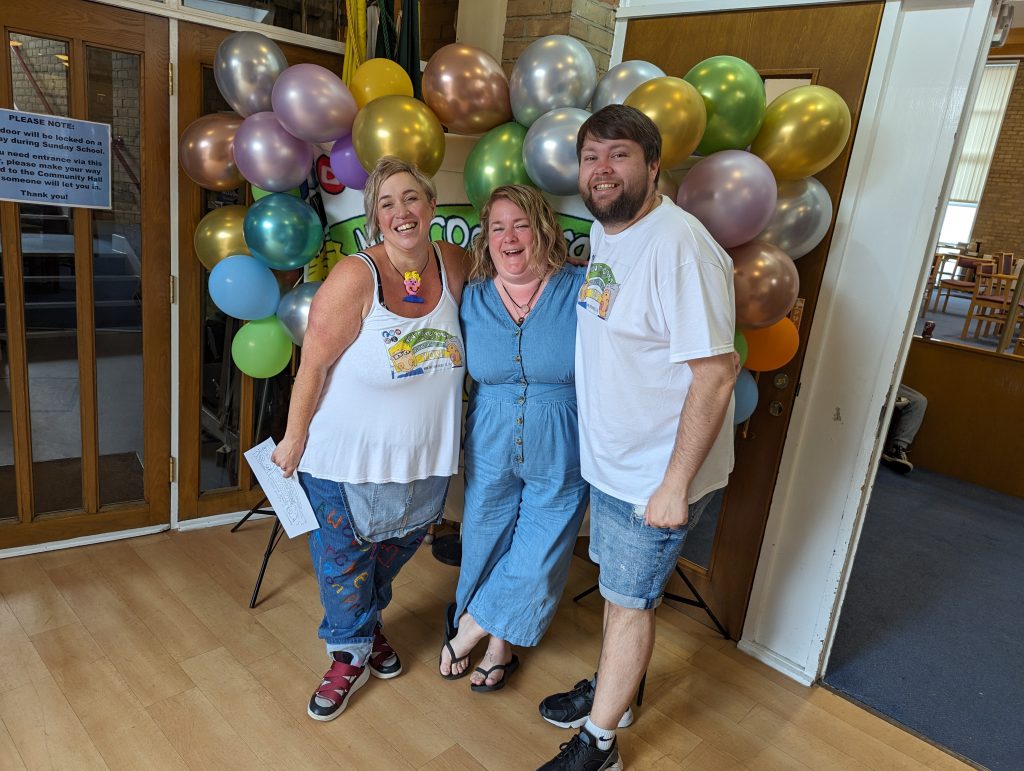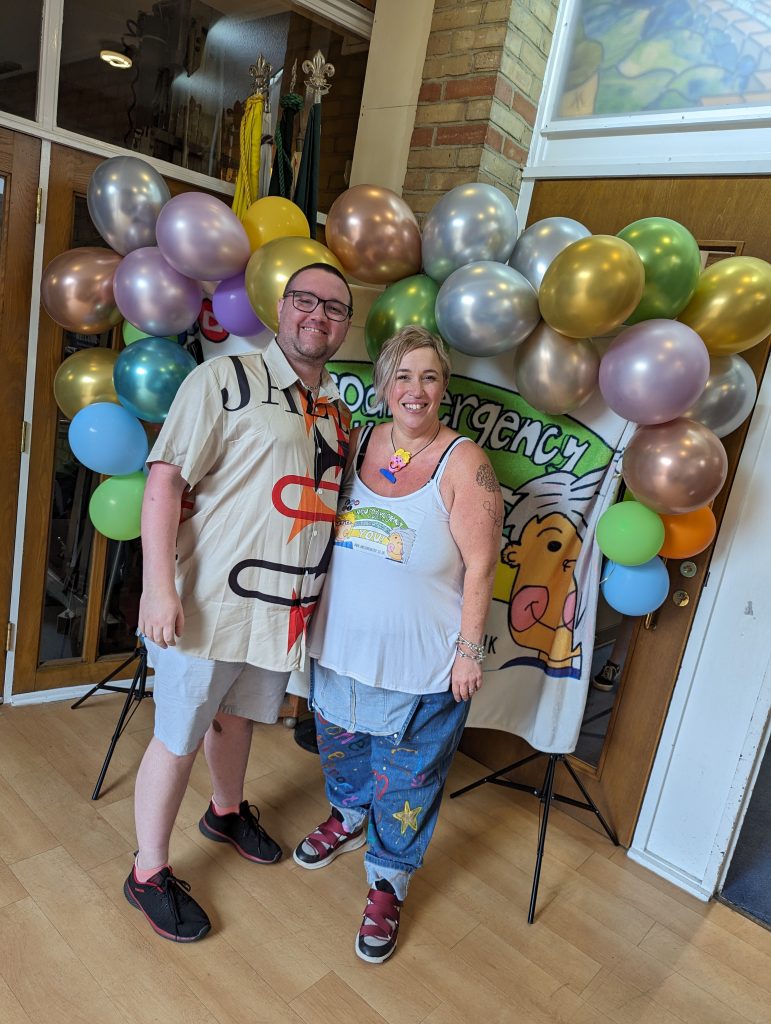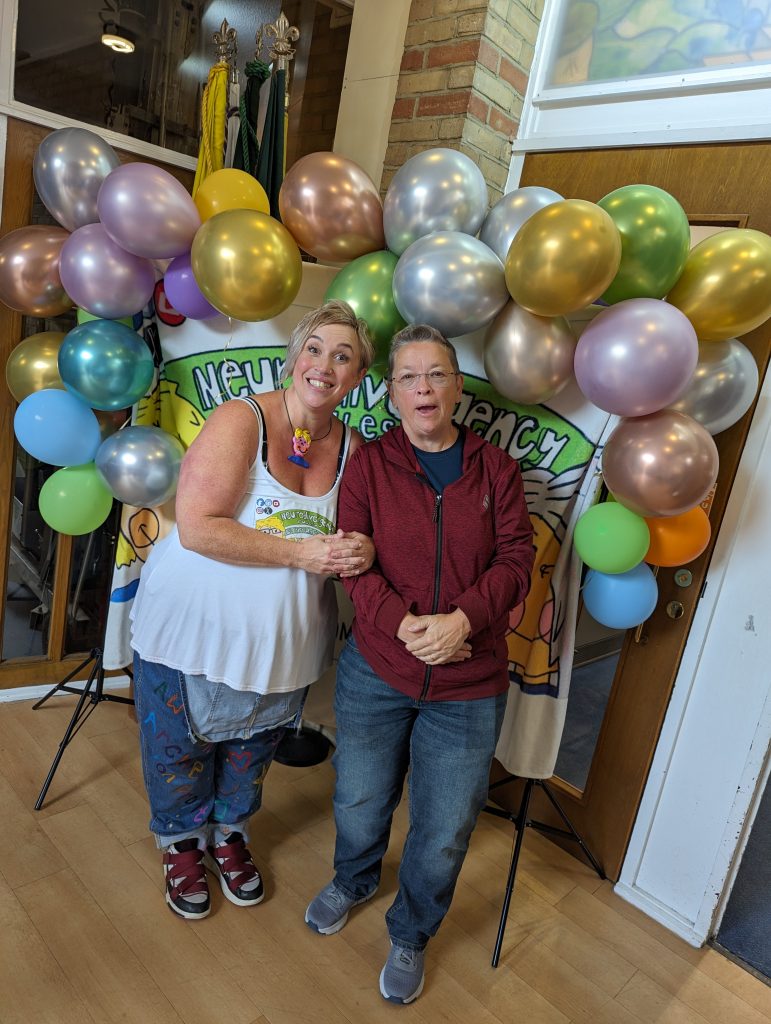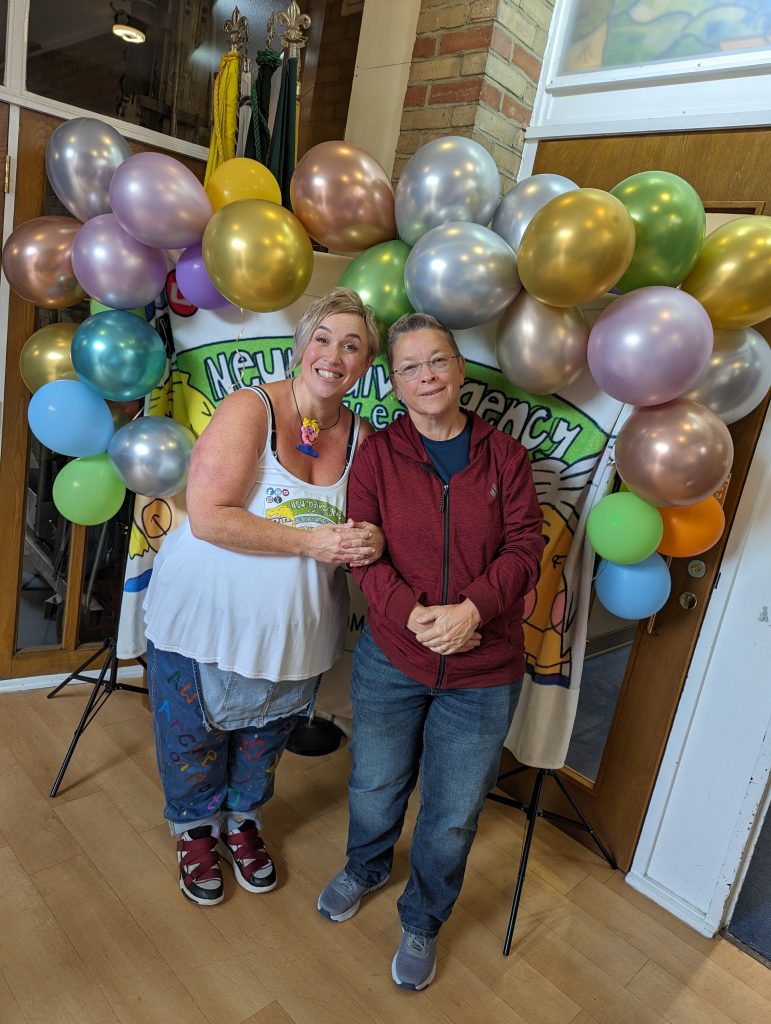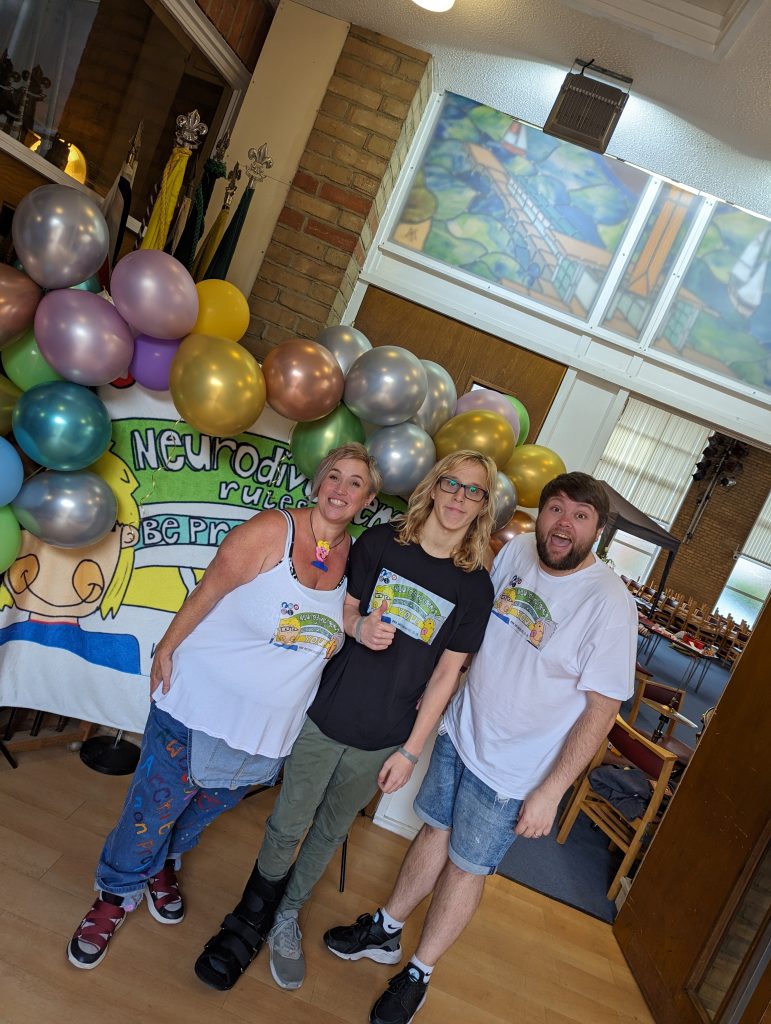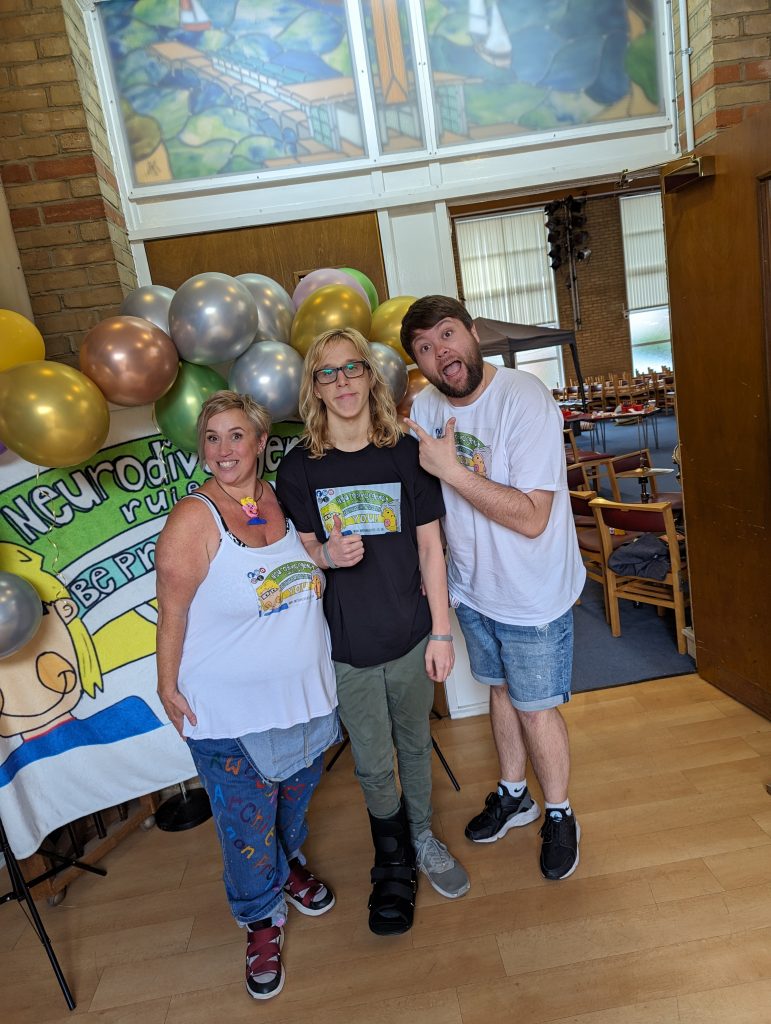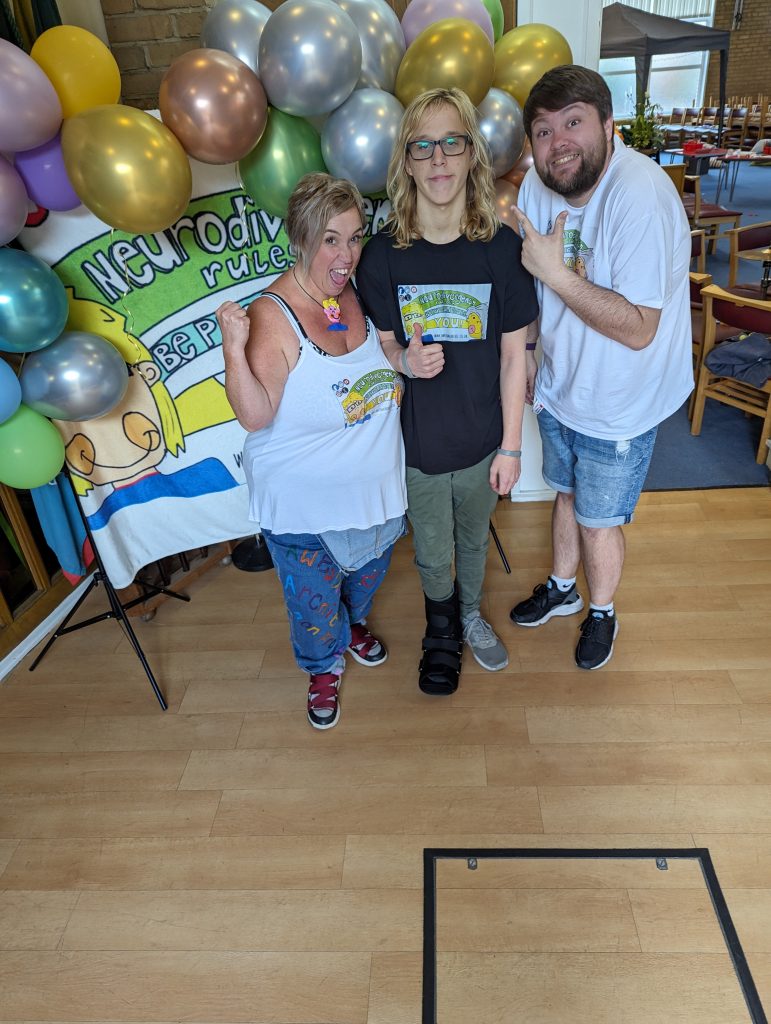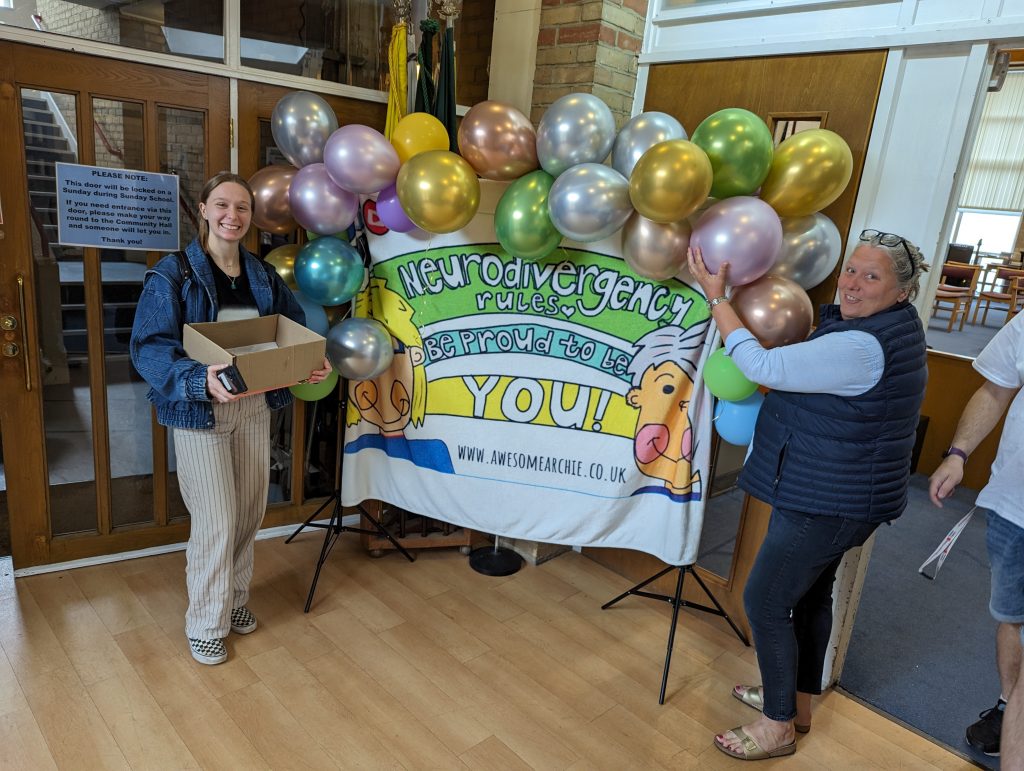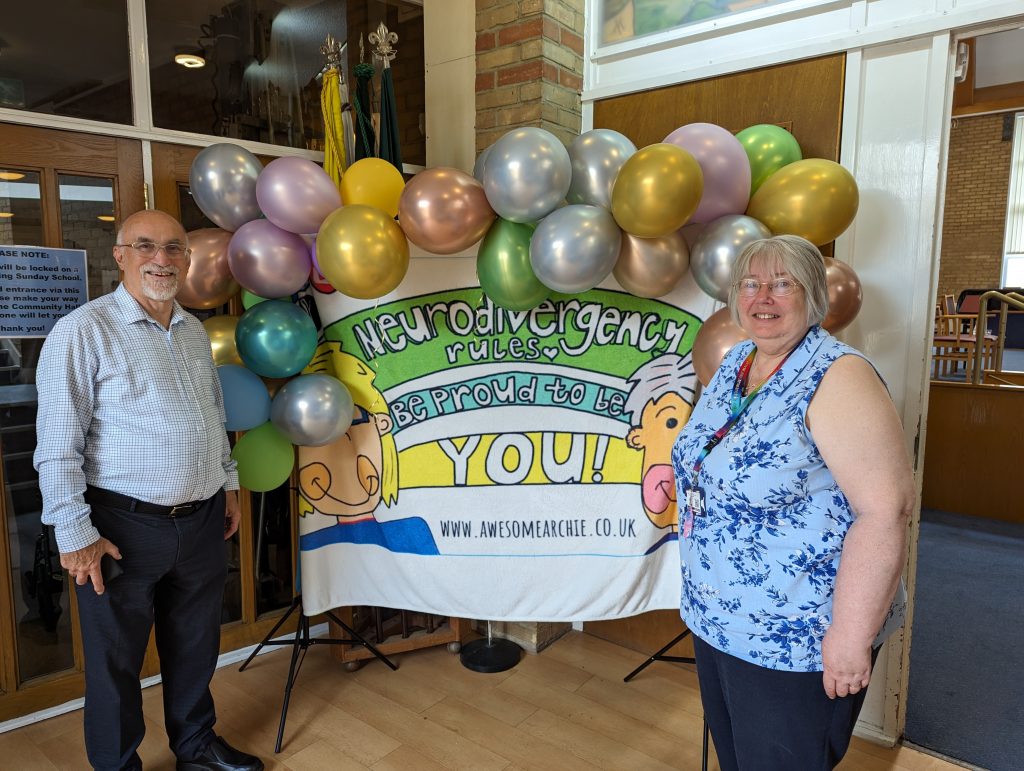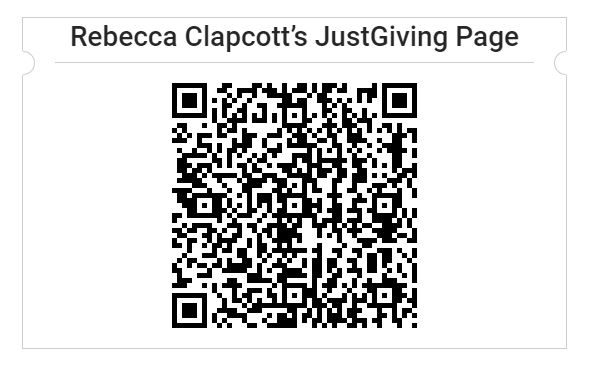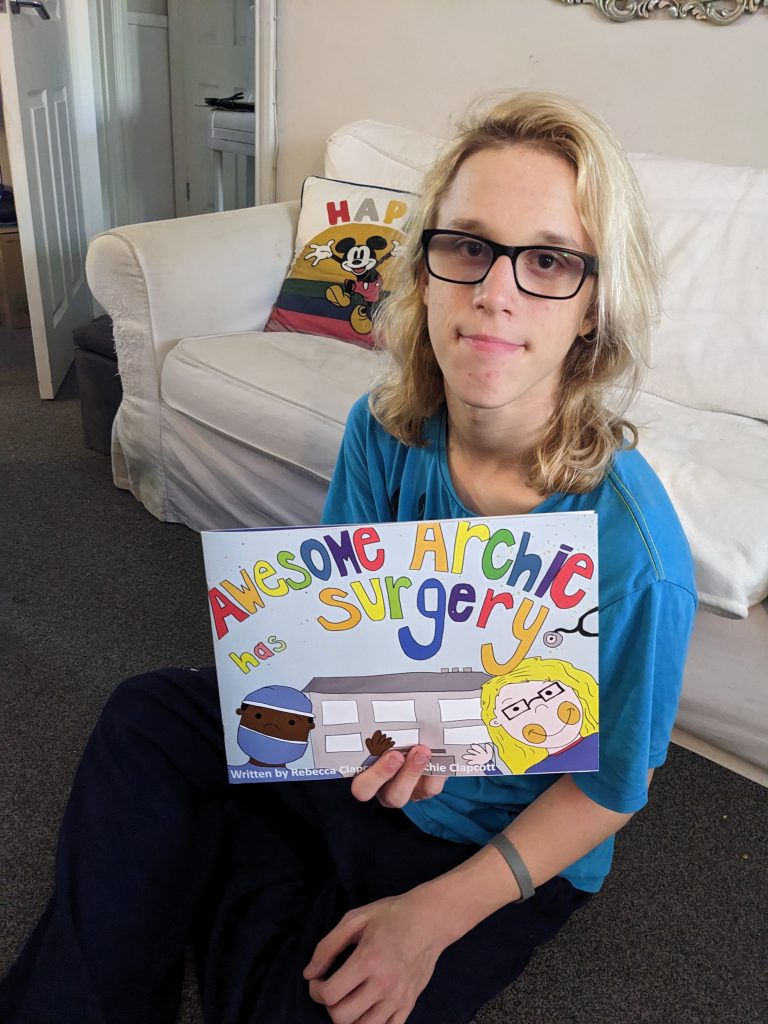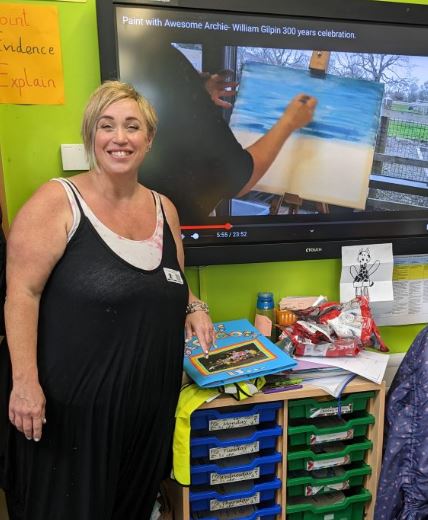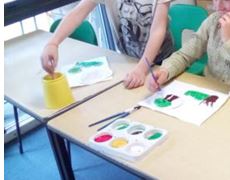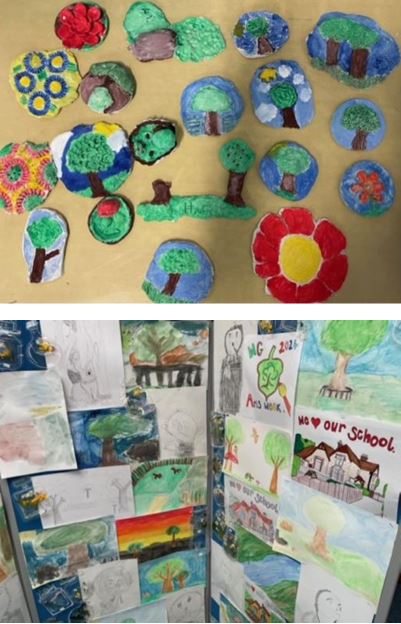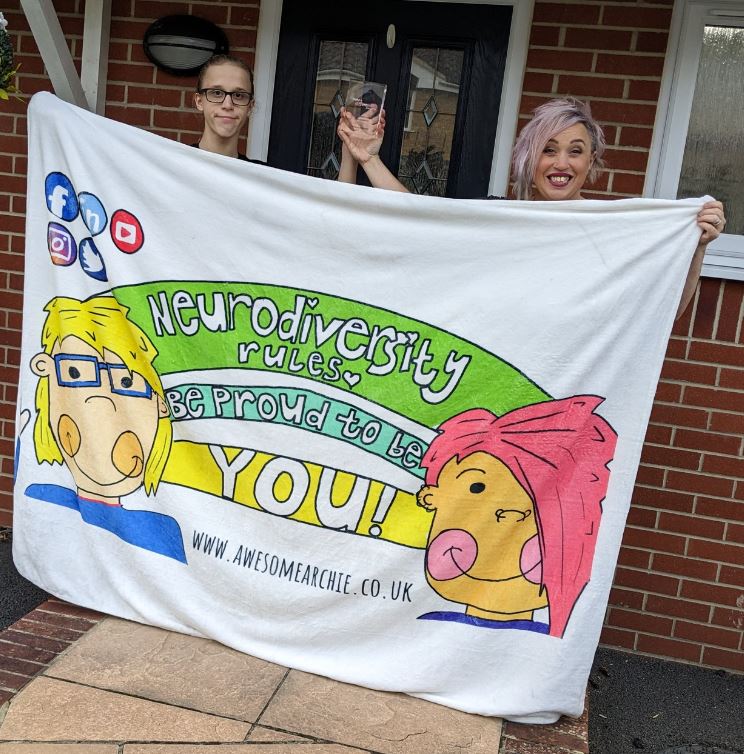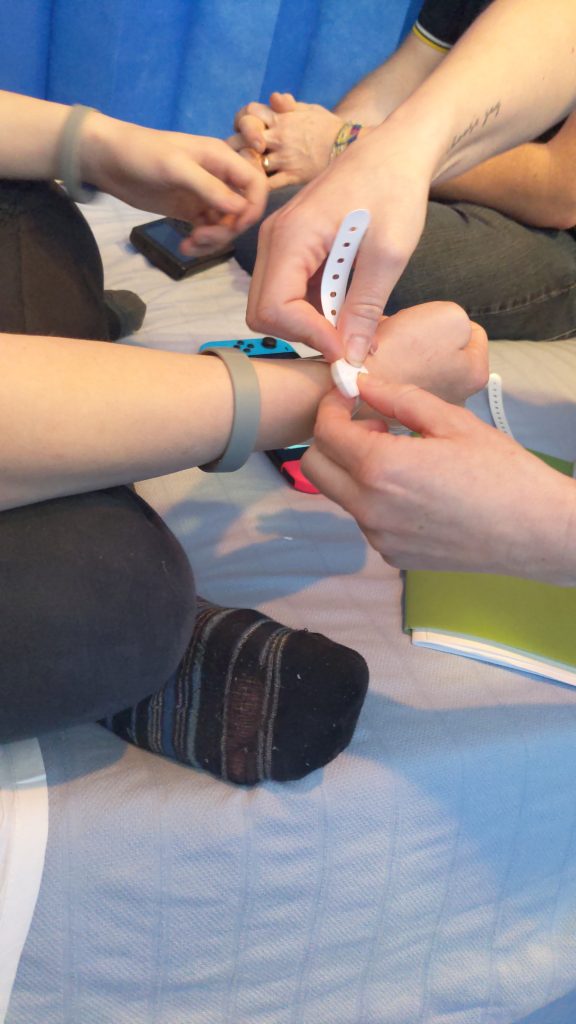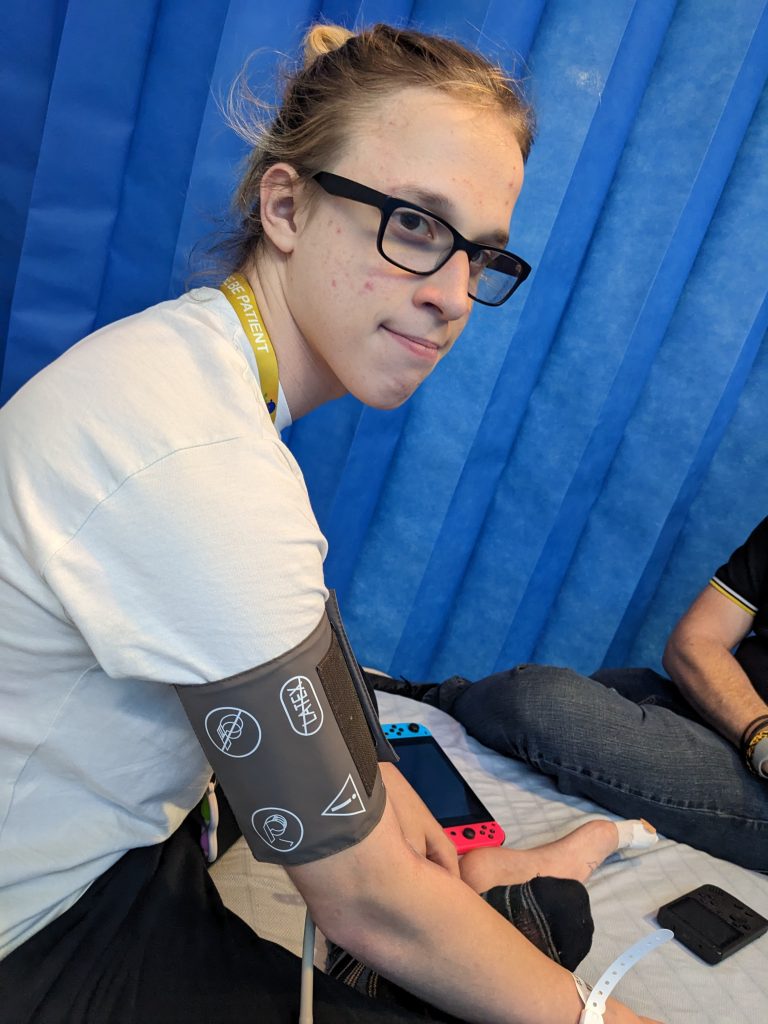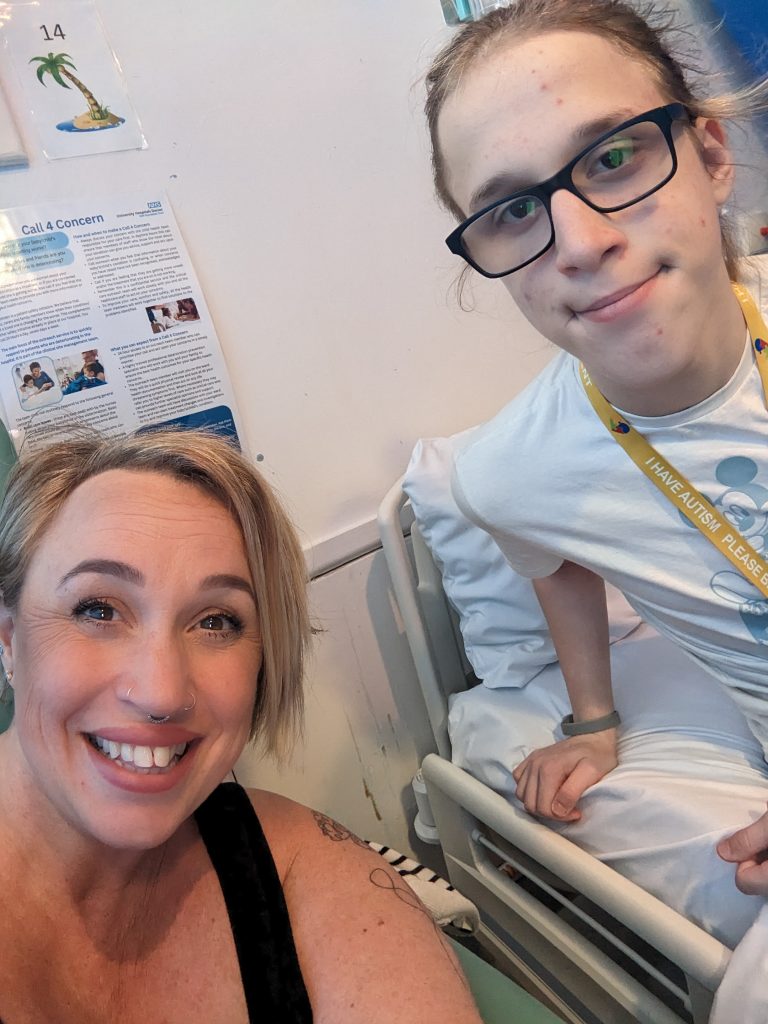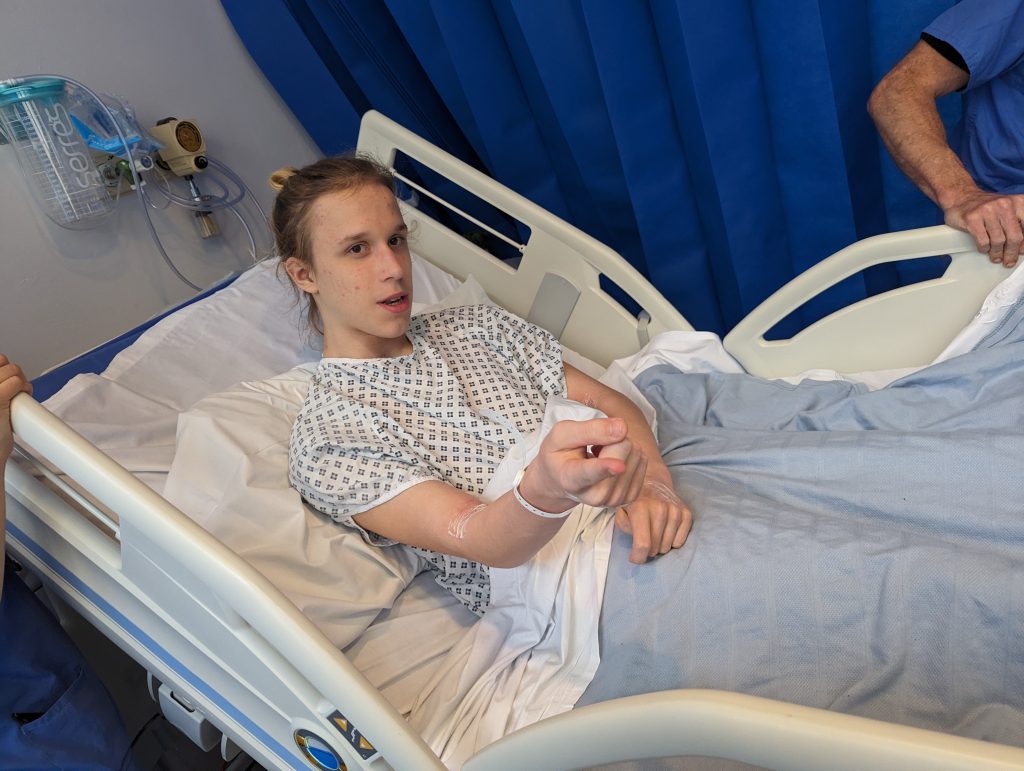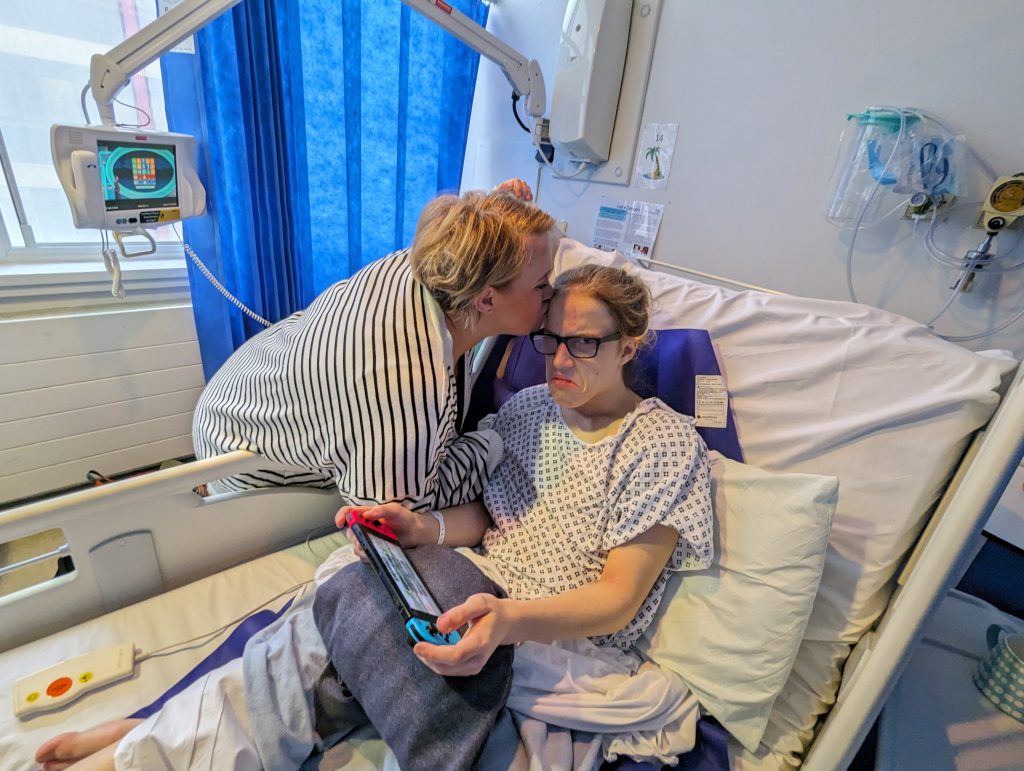Wow, what a few weeks…. lets get into it!
You will notice that our blogs tend to be monthly these days. This is because our diary is full and we are ensuring that our Vlogs and social media support content is updated daily. This means that we can be a quick refence “on the go” for those who may be in need but, as you can imagine, it takes up a fair bit of time. Do please follow us on all of our socials for “real time” Awesome Archie content.
Oakhaven Fundraiser
Josh and I were lucky enough to Vlog at the Autumn Equinox Country Festival in support of Oakhaven Hospice
Simon Parker, John Ilsley, Steve Rickman and Dita Broster welcomed 1500 people to a fun day at Rodlease Fields in Boldre on Sunday 22 September 2024, celebrating the local community and music, and raising funds for Oakhaven Hospice.
The programme included
John Conway and the Swing Jazz Quintet
Dorset Guitar Orchestra
Choirs: One Way Ticket and Beaulieu Banknotes and special soloists
Amazing Pianist Peter Roper-Curzon
and The John Illsley Band
Not only that, there was a tug of war, wellyboot wanging, raffle, coconut shy, children’s activities and games plus farm animals and machines.
There was also a wide range of food and drink 🙂 Pizzas supplied by Super Brothers and Burgers and hotdogs supplied by Butchers on the Green!
It was a lovely day. Now, the rain did come down but it certainly didn’t dampen our spirits. Do check out our vlog of the festival here ➡ https://www.youtube.com/watch?v=MrWZOgnoiy0&t=8s&ab_channel=AwesomeArchieSENSupport
The Eaglewood school.
Next it was Awesome Archie’s turn to work with me as we headed off to The Eaglewood school.
The new build school was stunning. Its so nice to se an academic setting that was built for purpose. The staff were kind and Mr Gilbert was very welcoming to us.
The school mission statement of Raising Aspirations and Changing Lives captures the school philosophy that every student needs to find the balance between being academically ready and emotionally prepared for their next steps. Only then will they achieve the self esteem needed to be independent and successful.
Mark Gilbert, Head Teacher.
It was awesome to see Archie engaged in such a “grown up” meeting and we are very excited to potentially be working with Eaglewood a little more in the near future. As always, we must thank Head teacher Mark Gilbert for giving us such a precious amount of his time to hear what we had to say 🙂
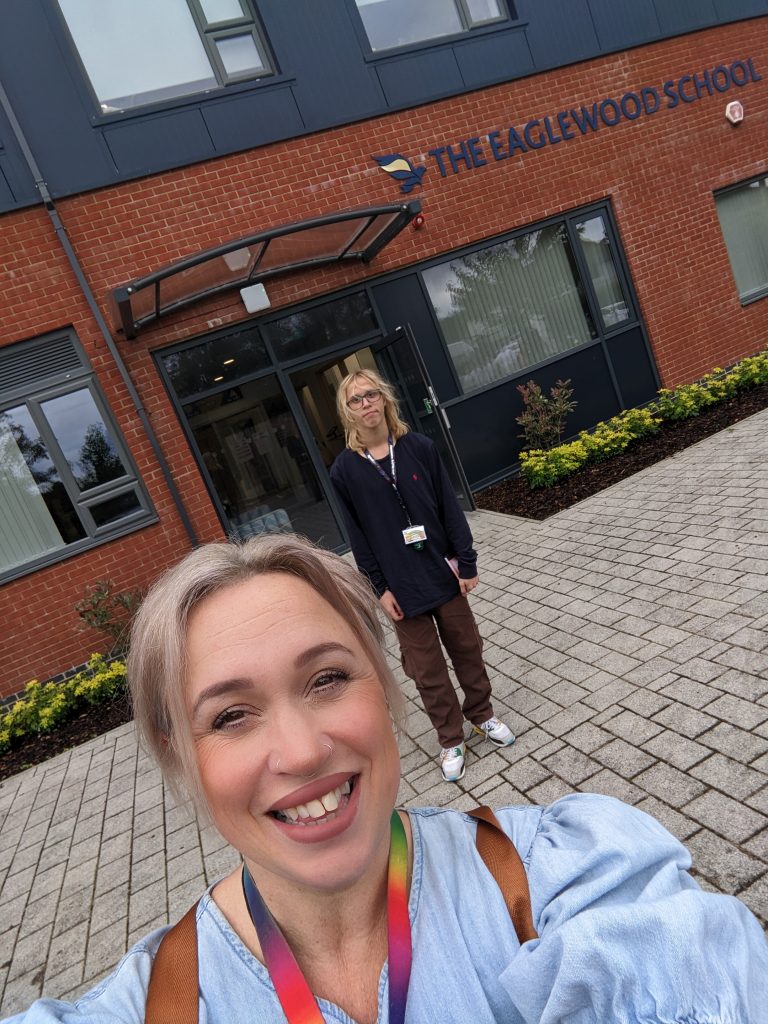

and finally DAISY GOT HEAD GIRL!!!
So, I know that it will come as no shock for you to hear how proud we are of our kids. Growing up these days is blooming tough and throw in our neurodivergent family stuff into the mix, it gets even tougher. Today however, we had the most joyous of celebrations… our daughter got Head Girl.
Education has not always been plain sailing for her! There have been REAL challenges along the way but, she has never wavered. She endlessly tries, she is honest and kind and is not afraid to stand up for what’s right!
Equality and diversity in education are more crucial than ever in the world we live in today. The goal of education goes beyond merely offering knowledge. It’s also a fantastic method for fostering empathy. Ensuring that all students, regardless of their race, identity, or ability, have equal access to a high-quality education . Furthermore, it helps to prepare students to thrive in a beautifully diverse world.
Daisy was chosen as head girl because the school said that she shows and lives all of these values! WE ARE OVERJOYED!
Daisy, I hope you know that we couldn’t be prouder and we will support you all the way in your new important position.

